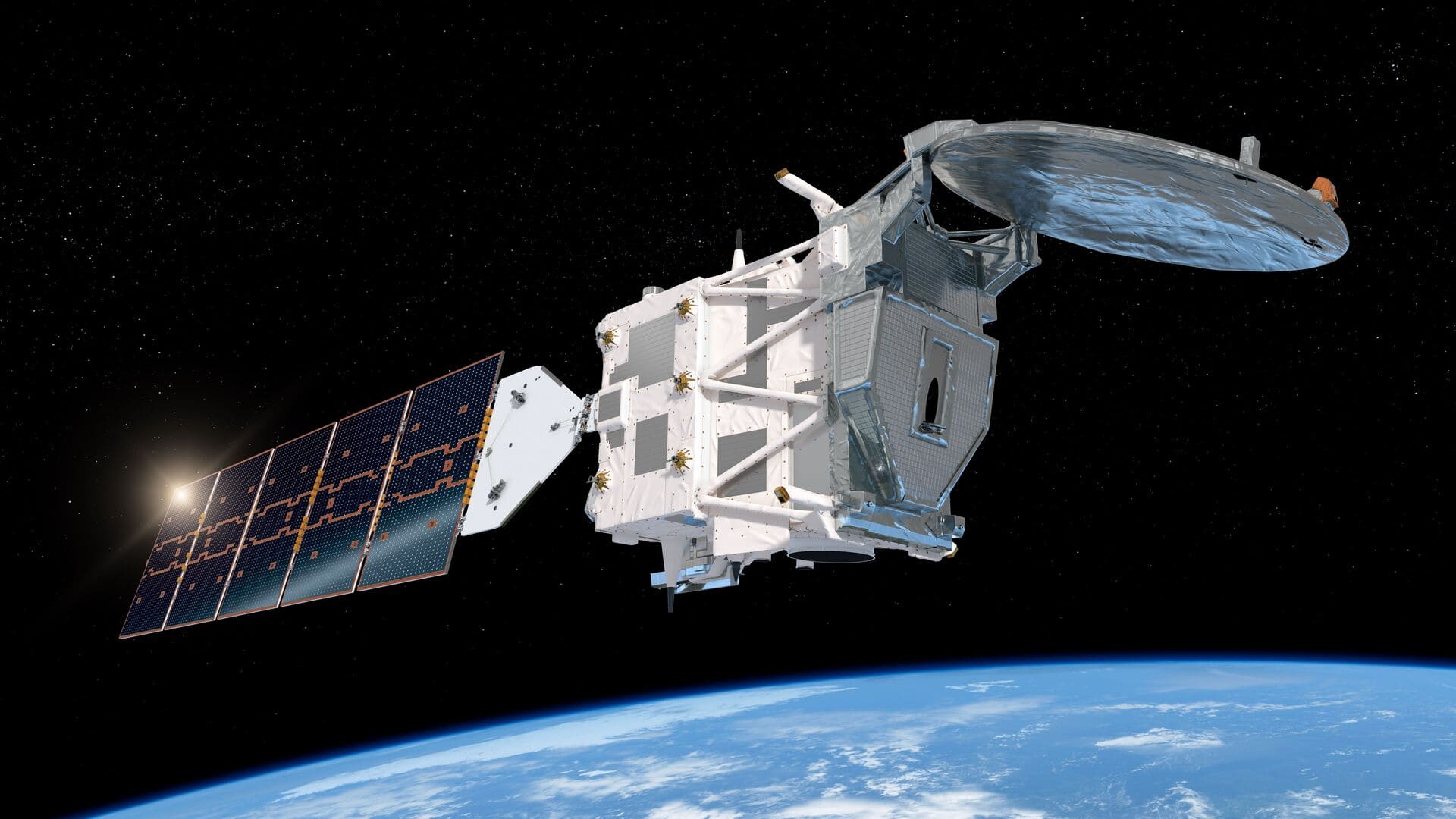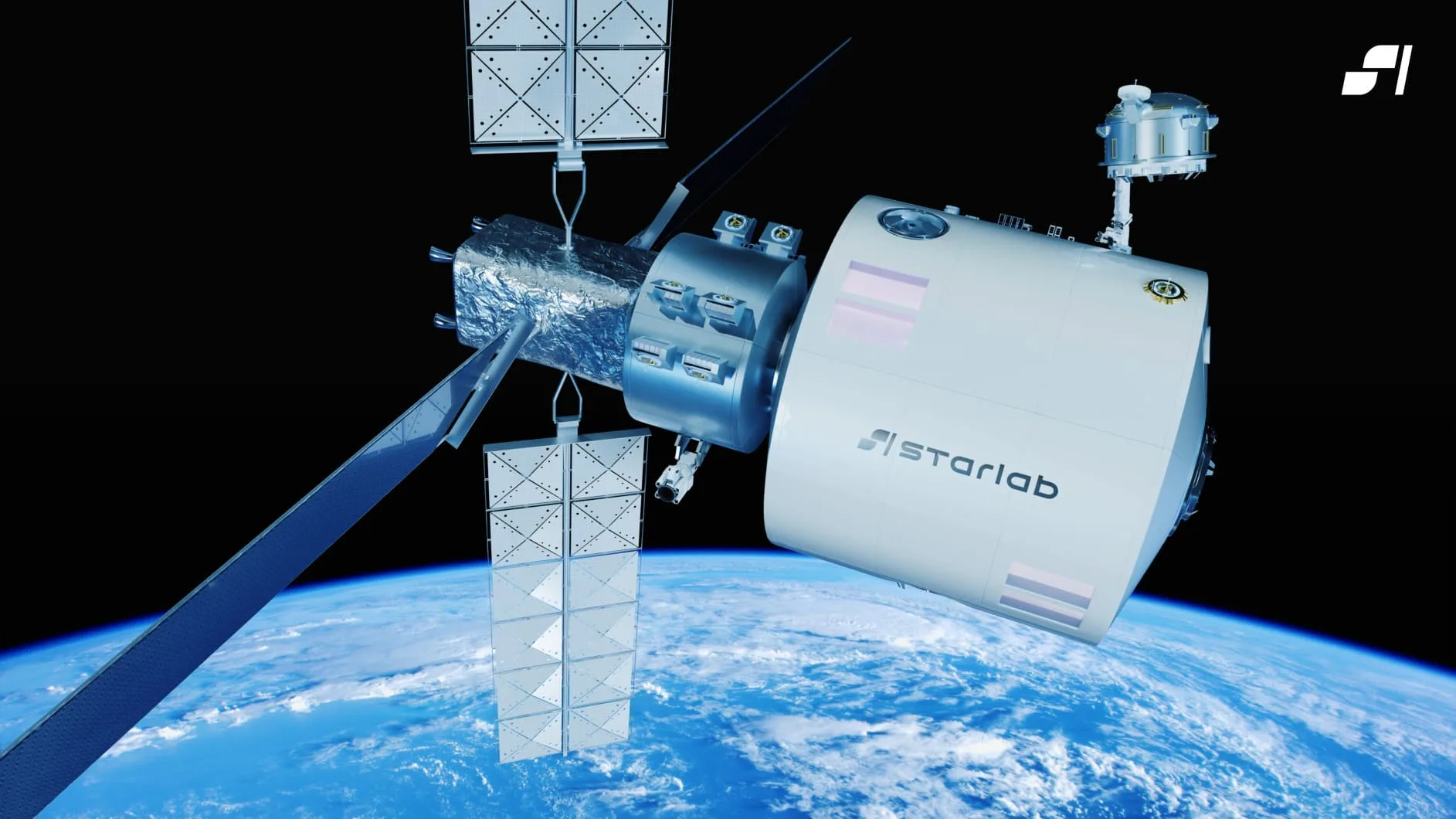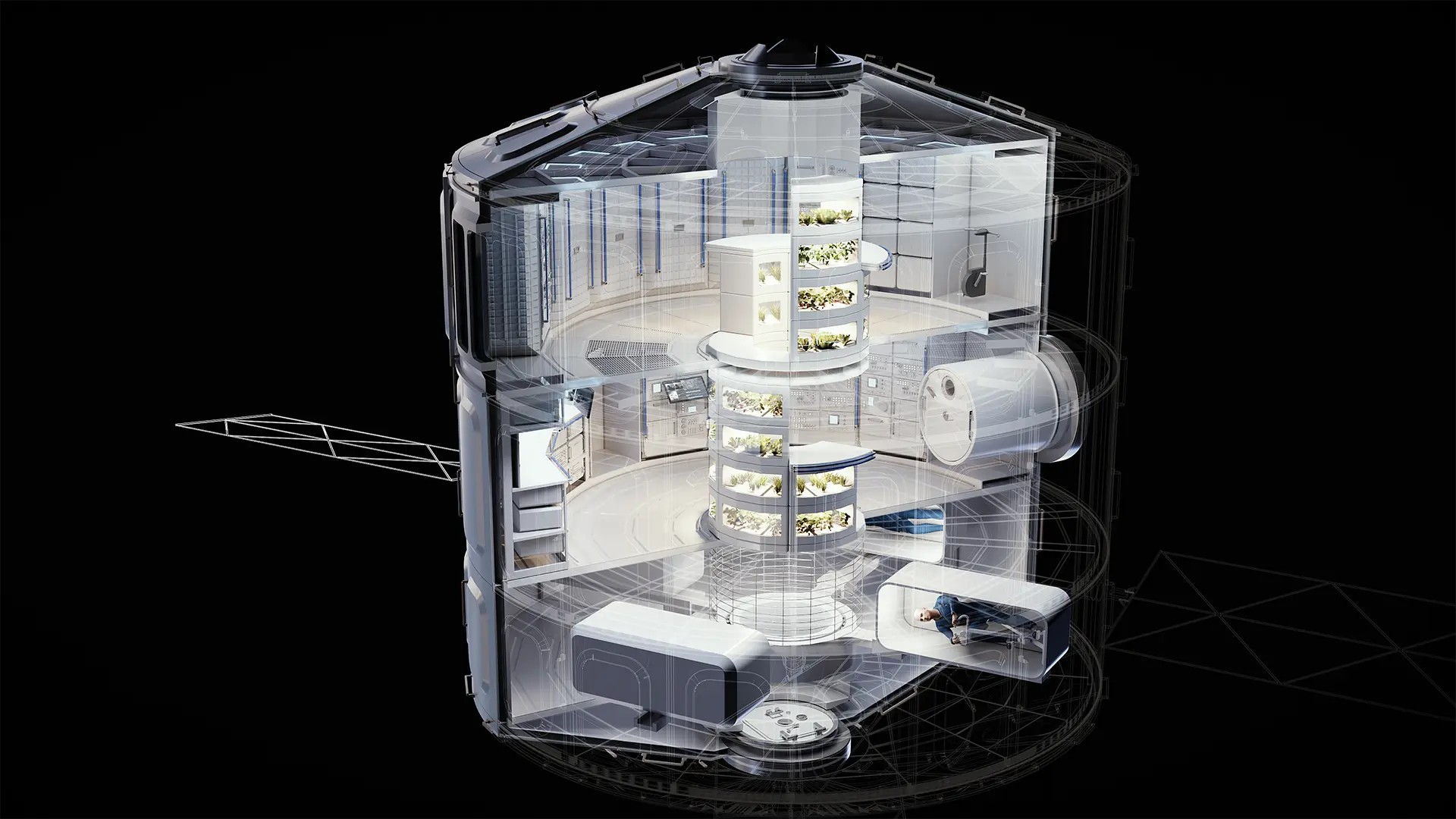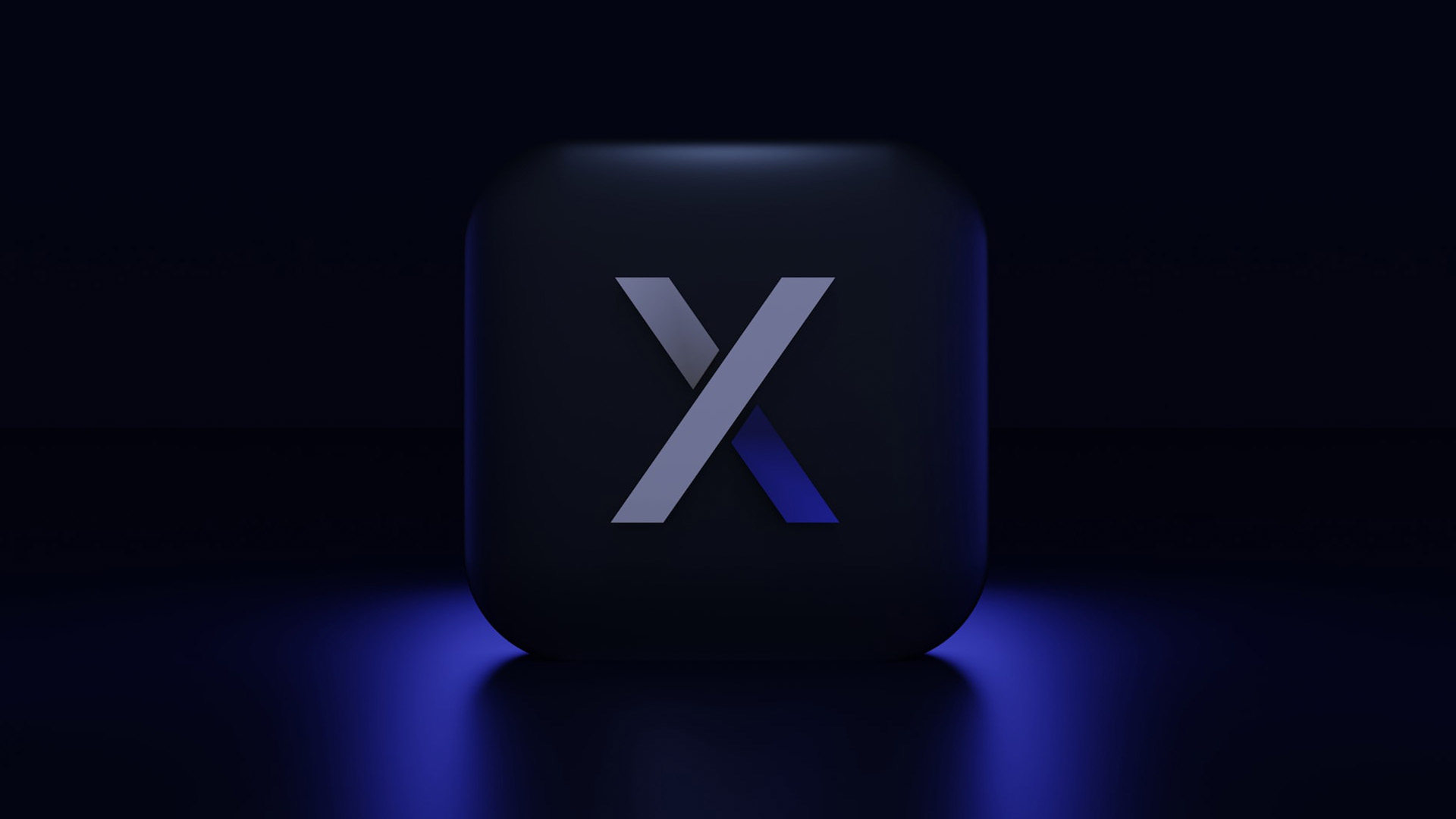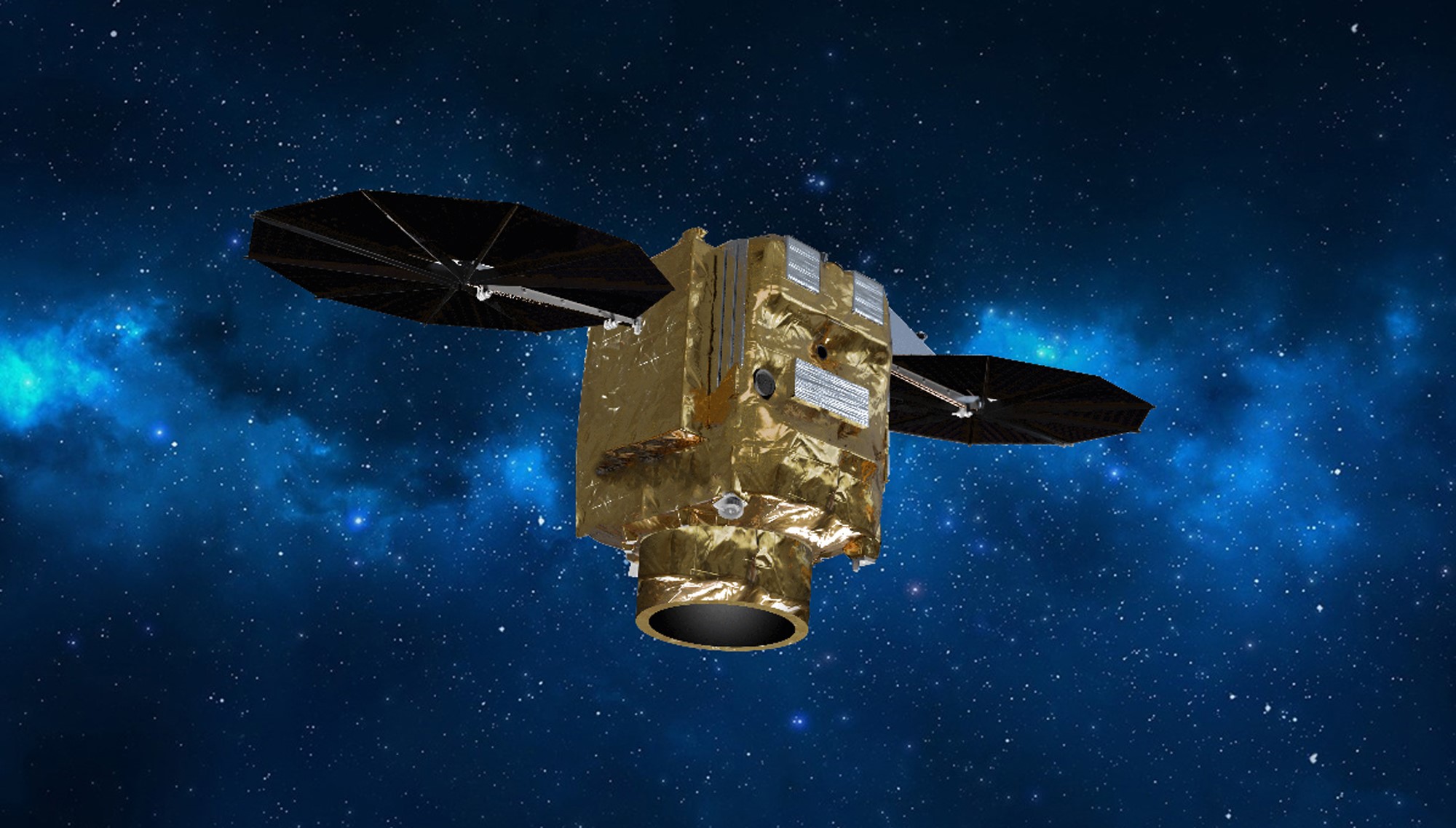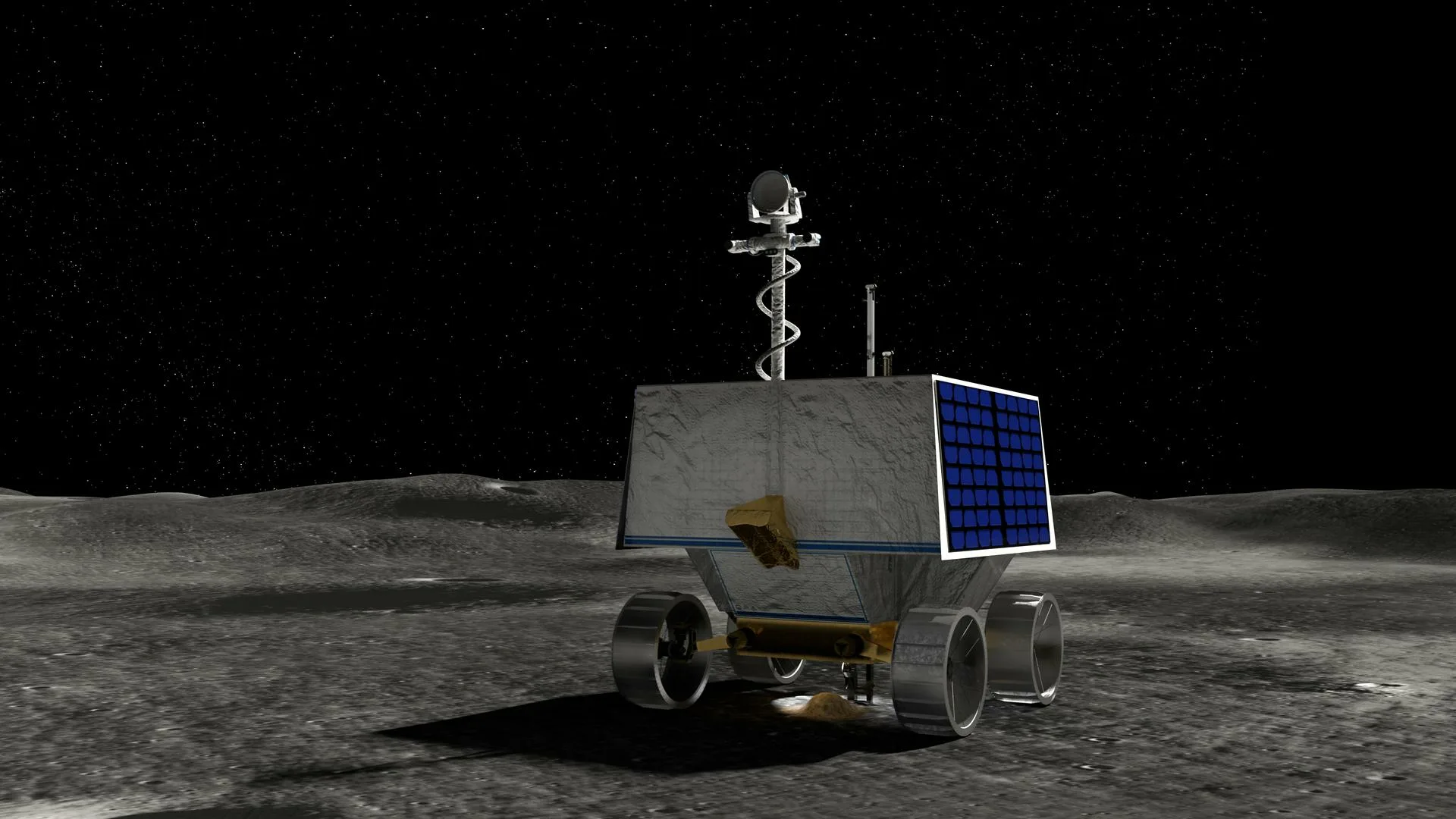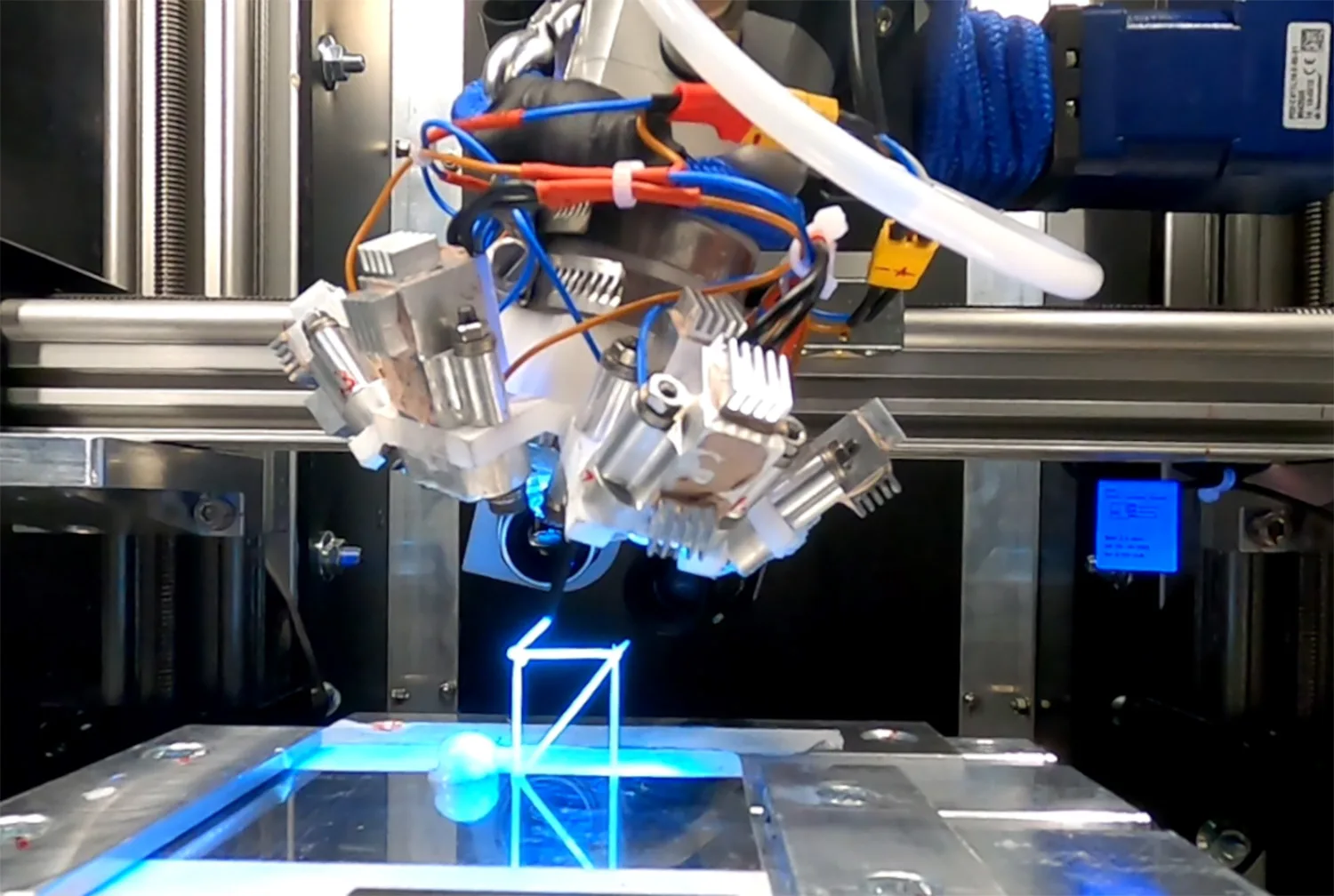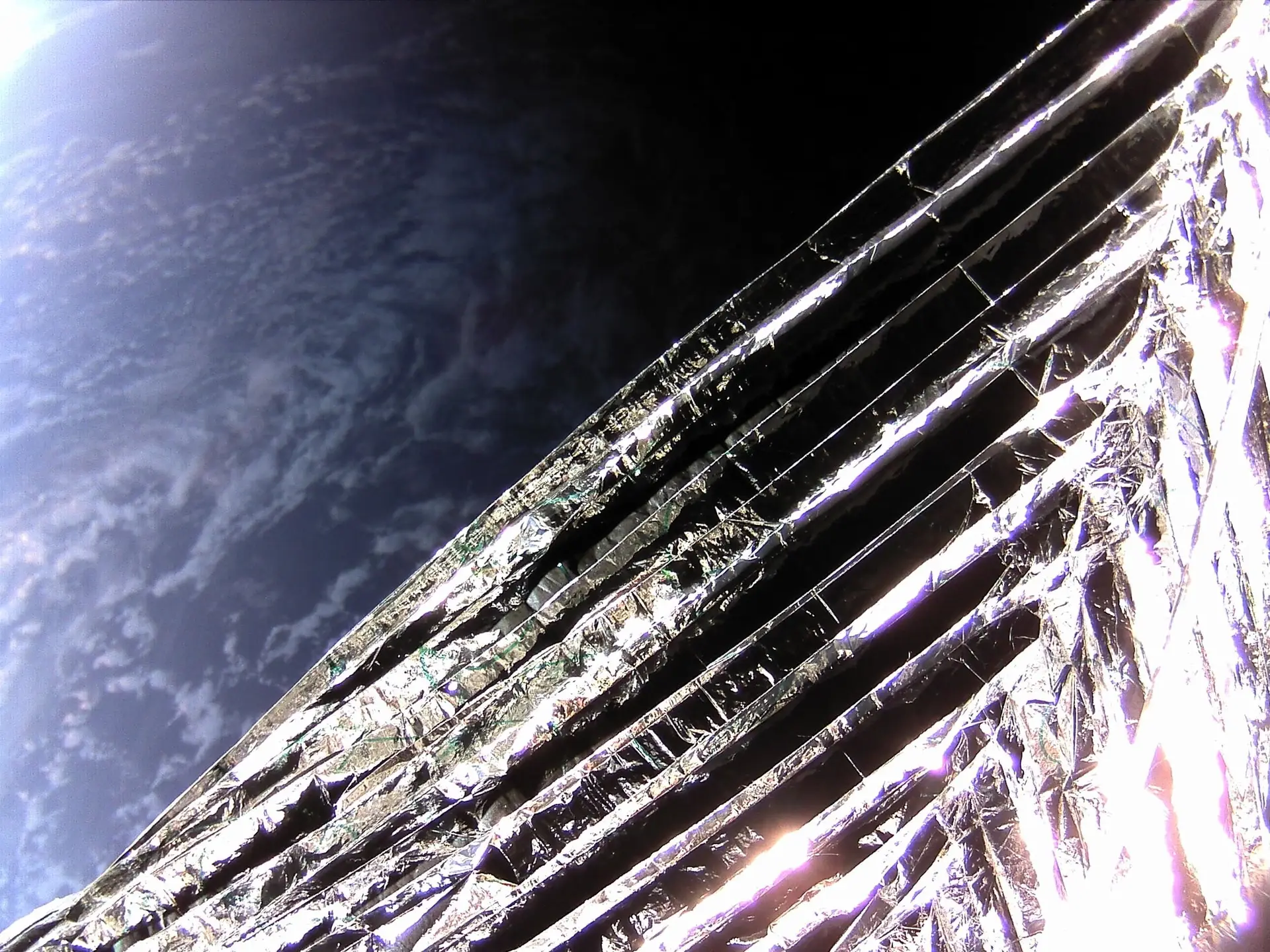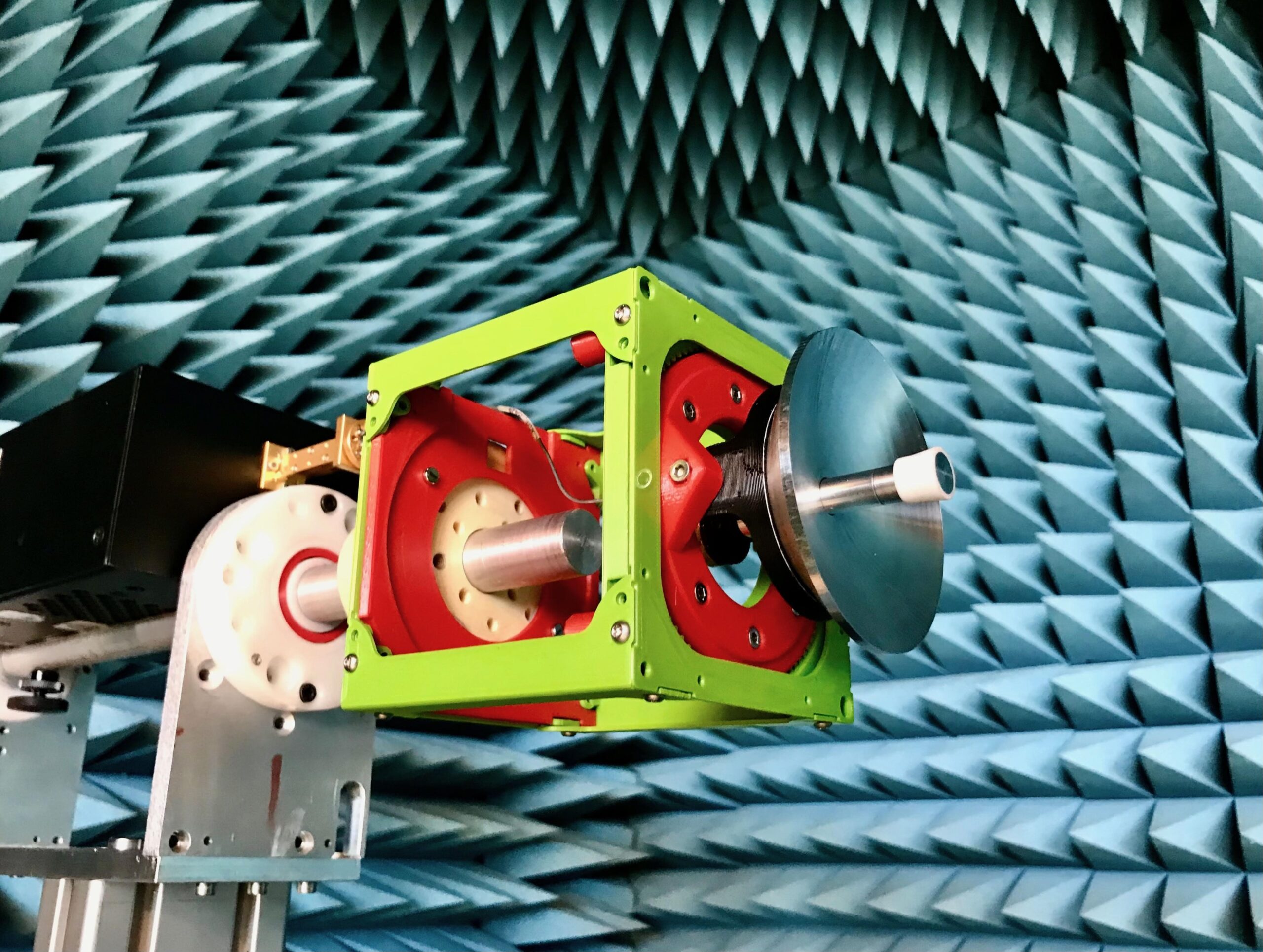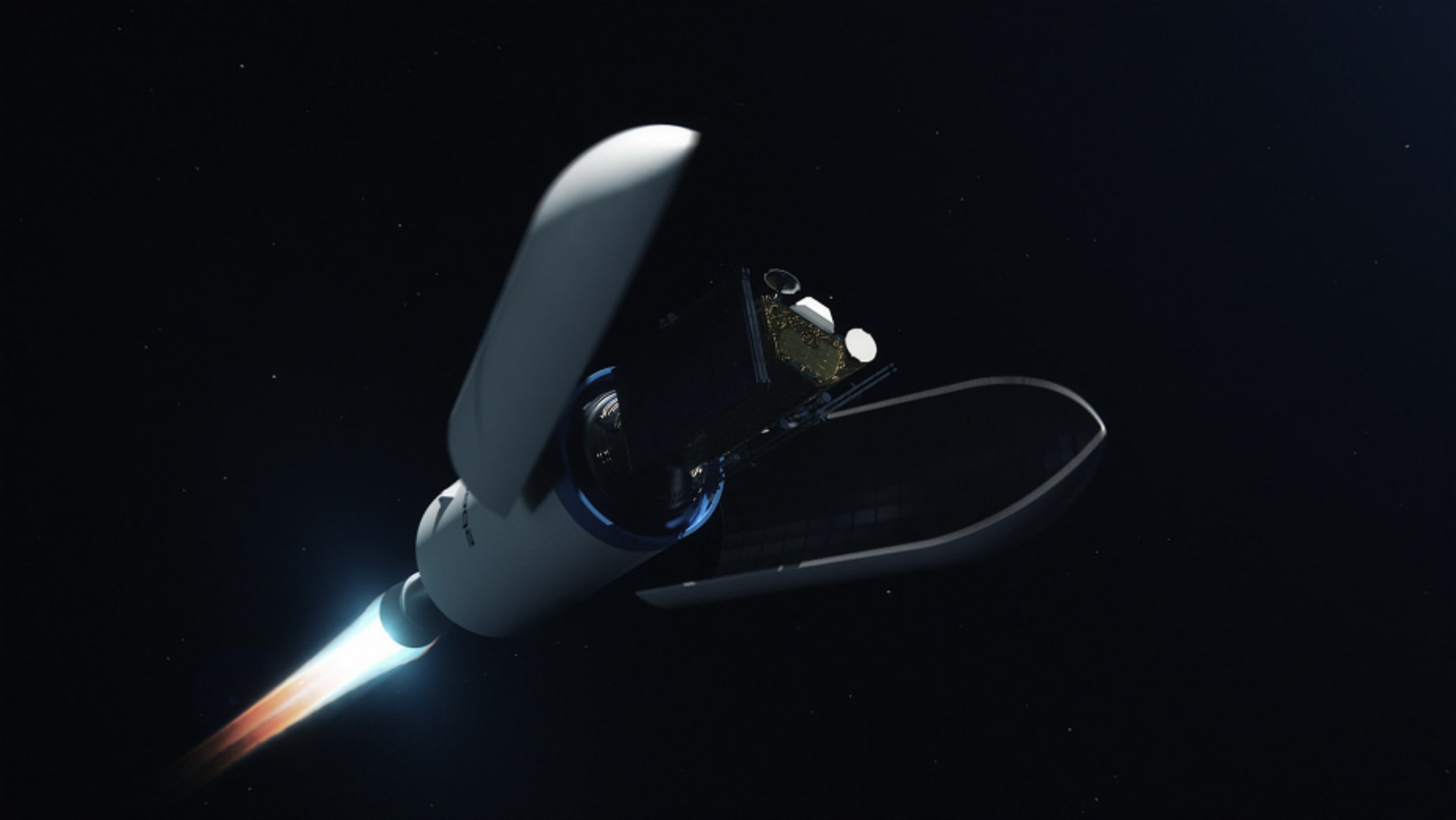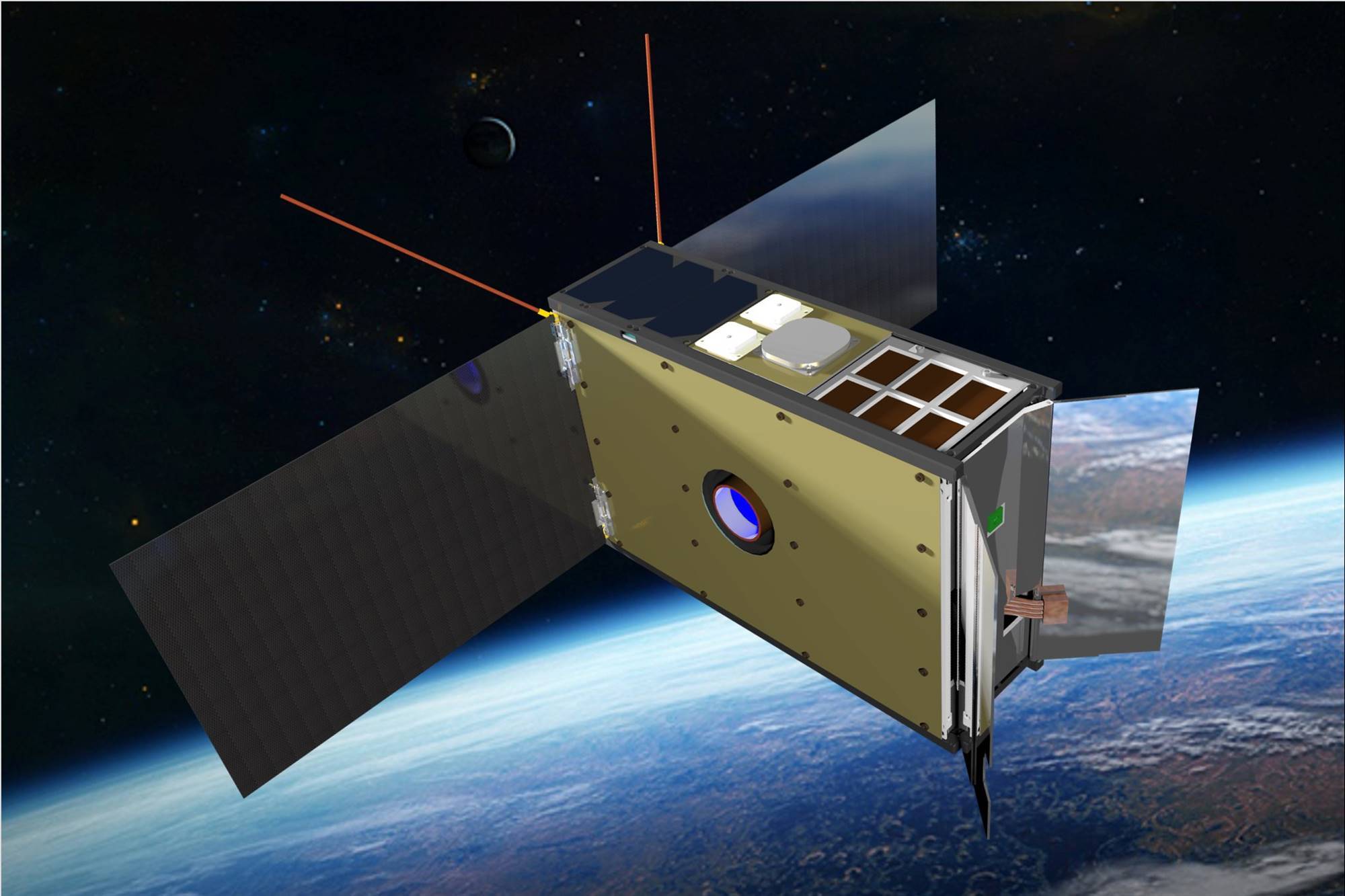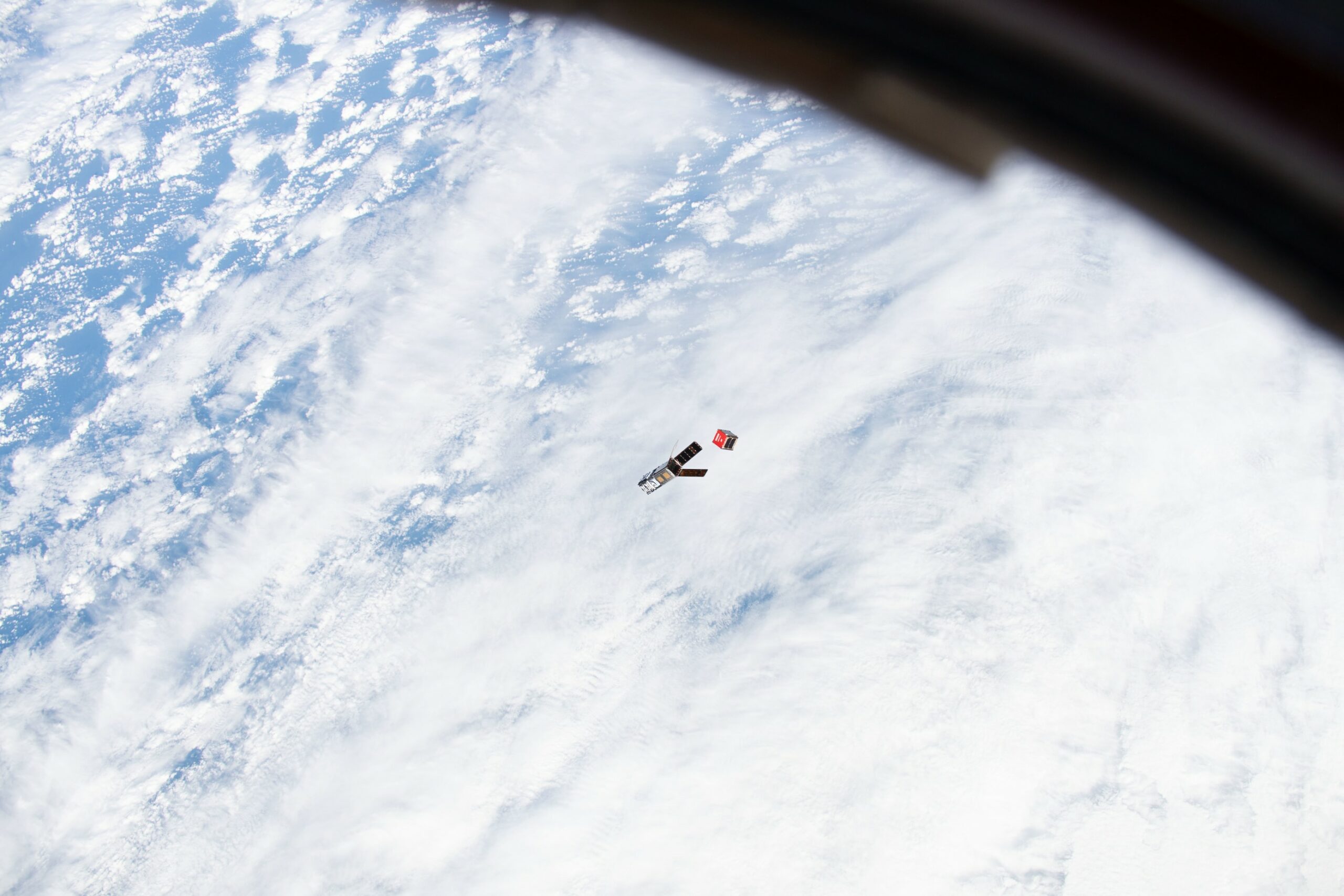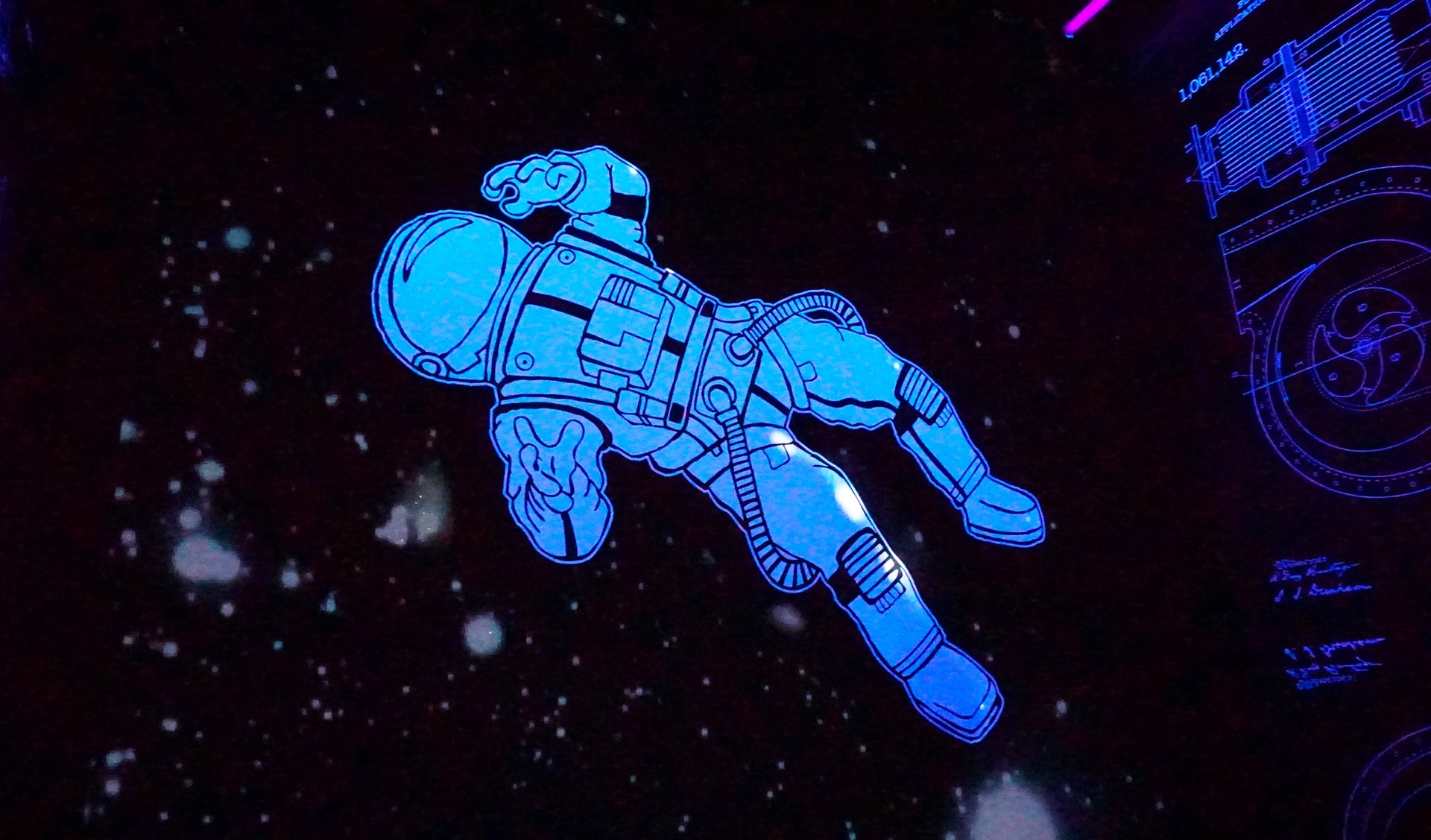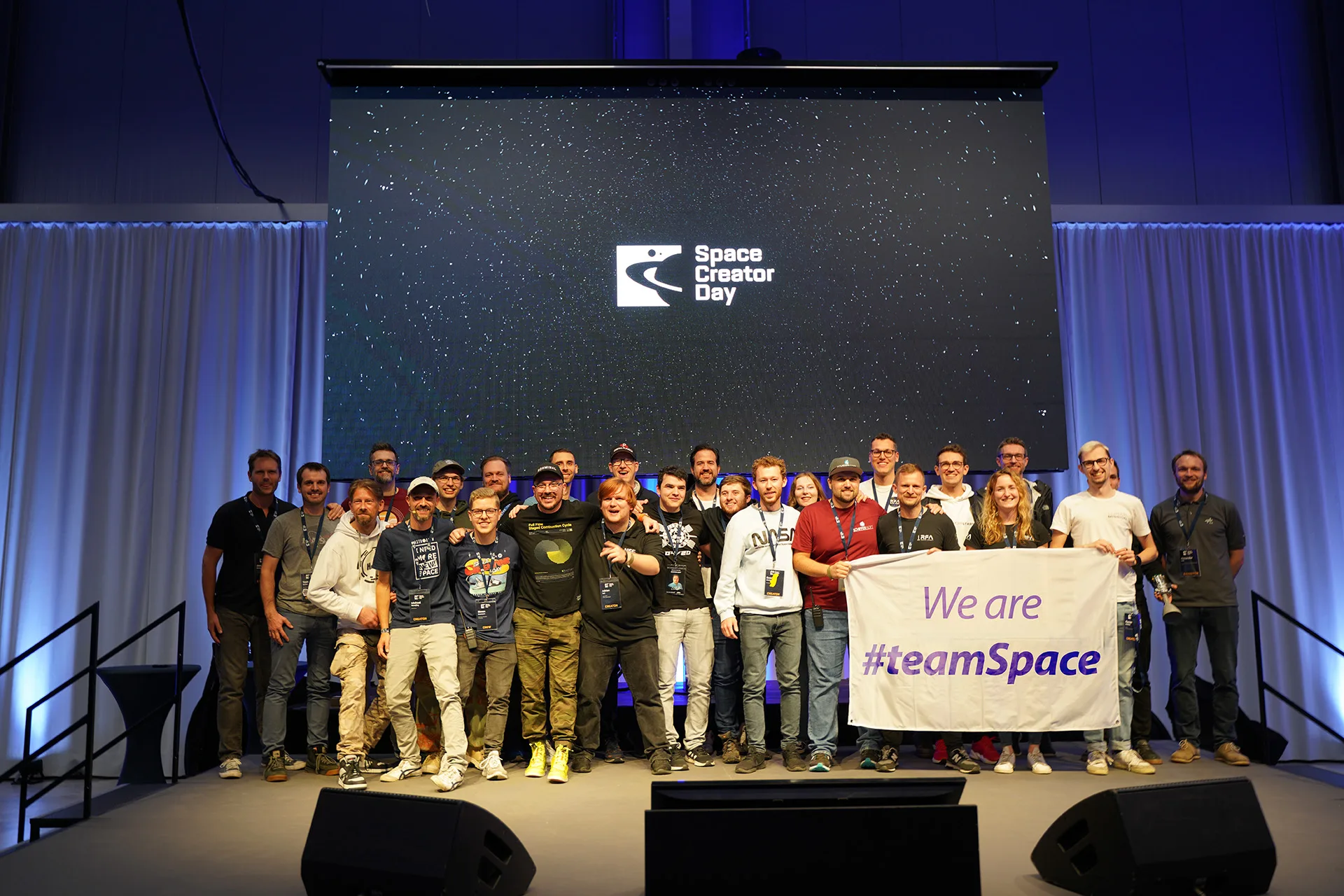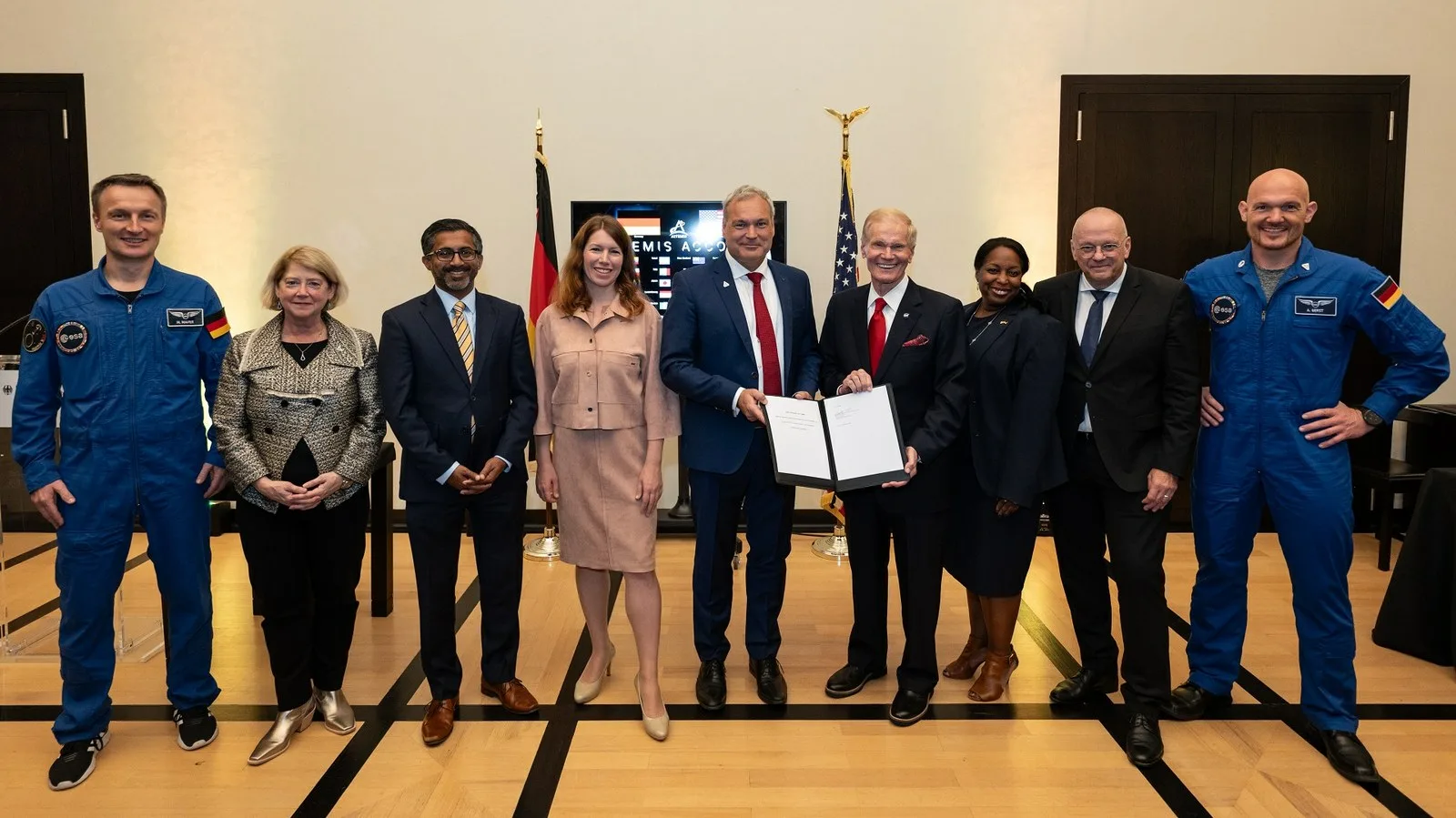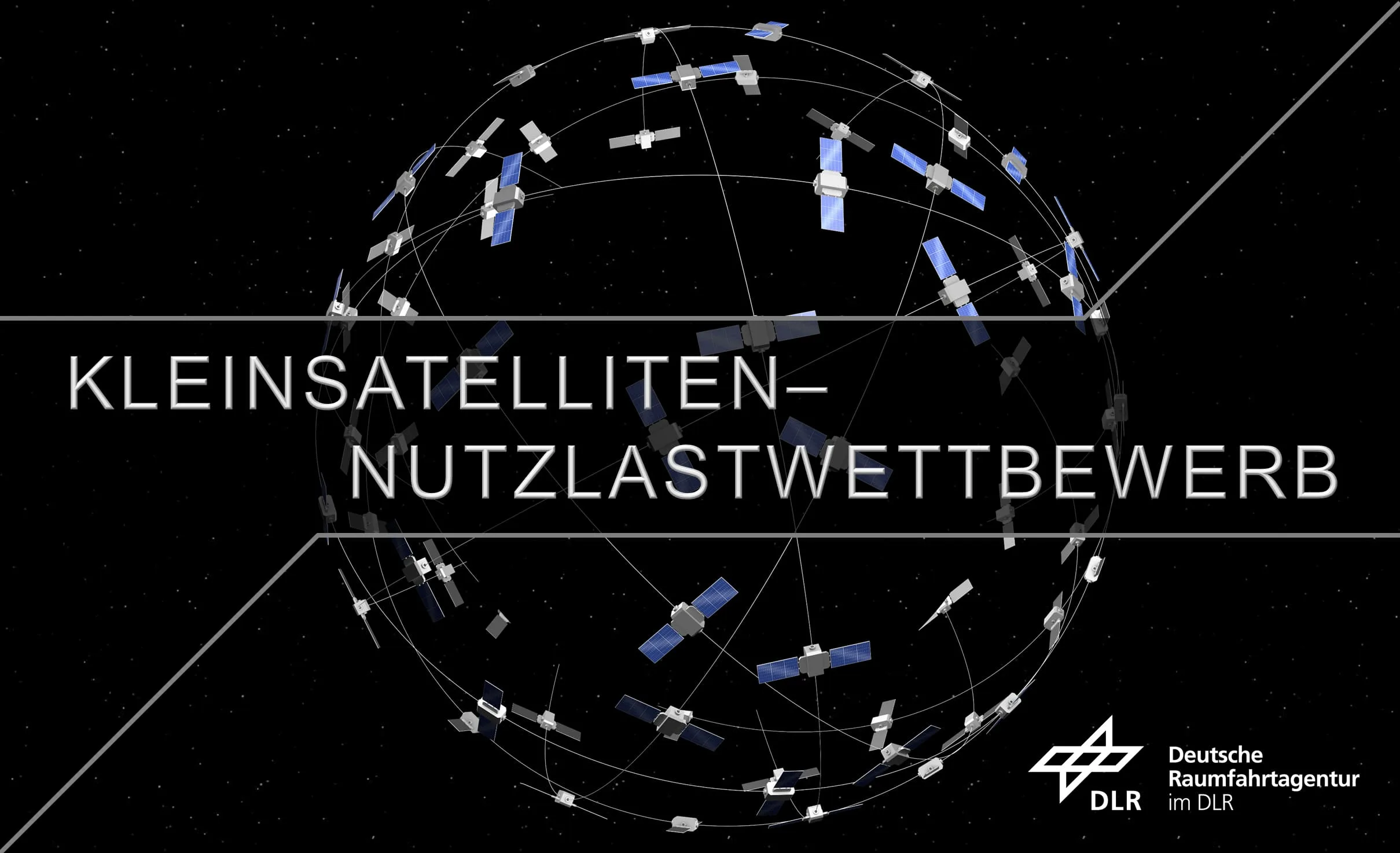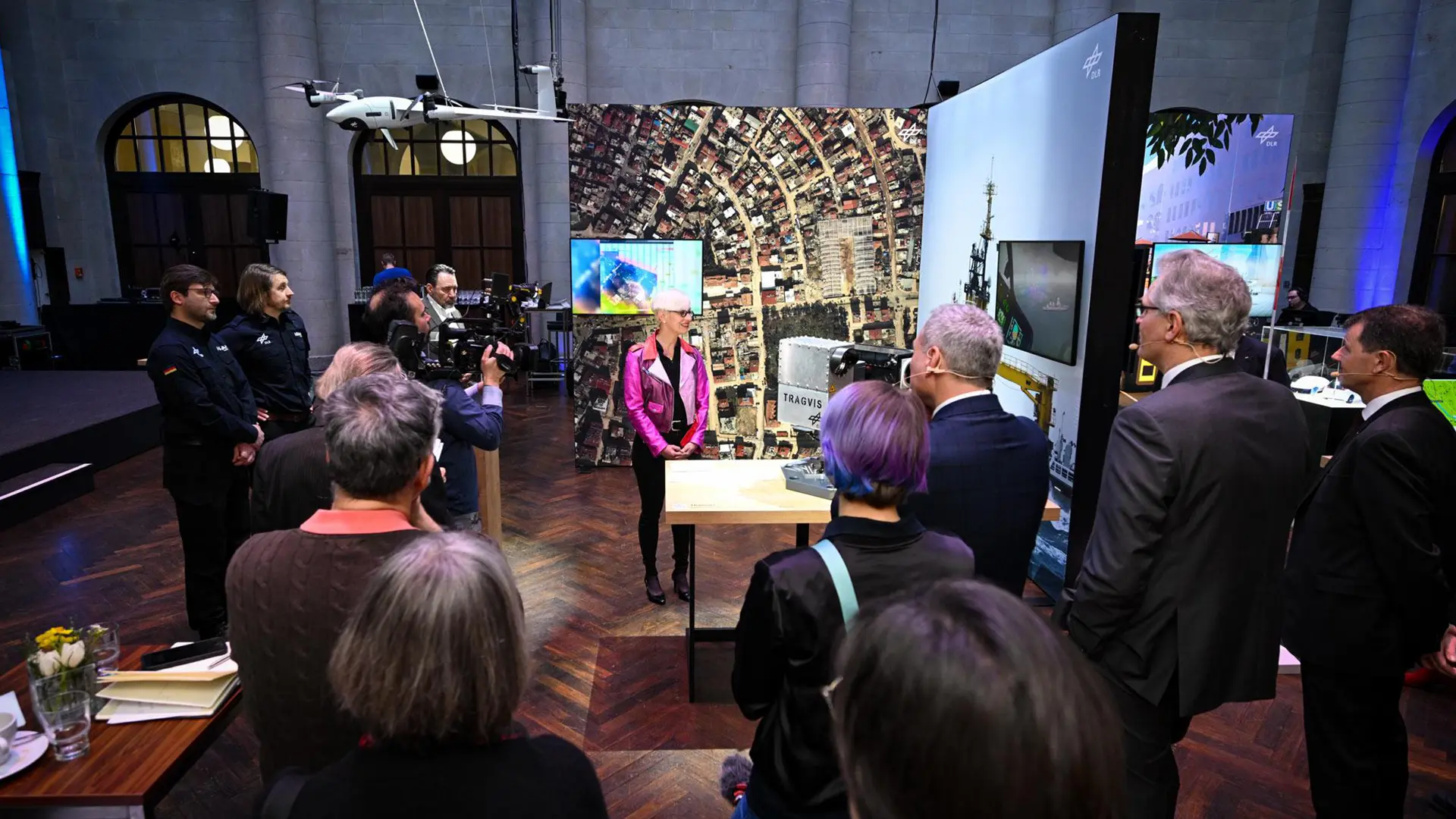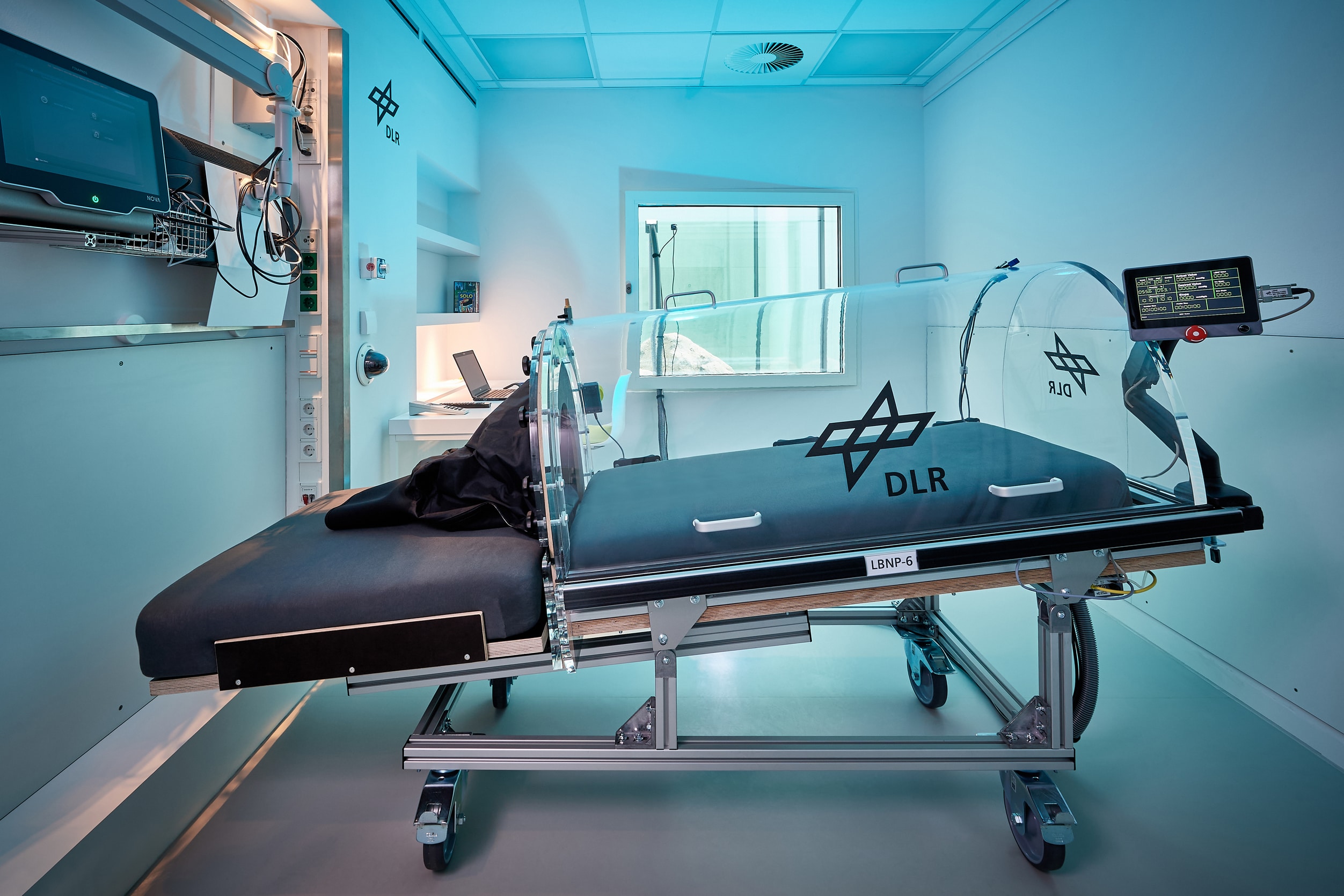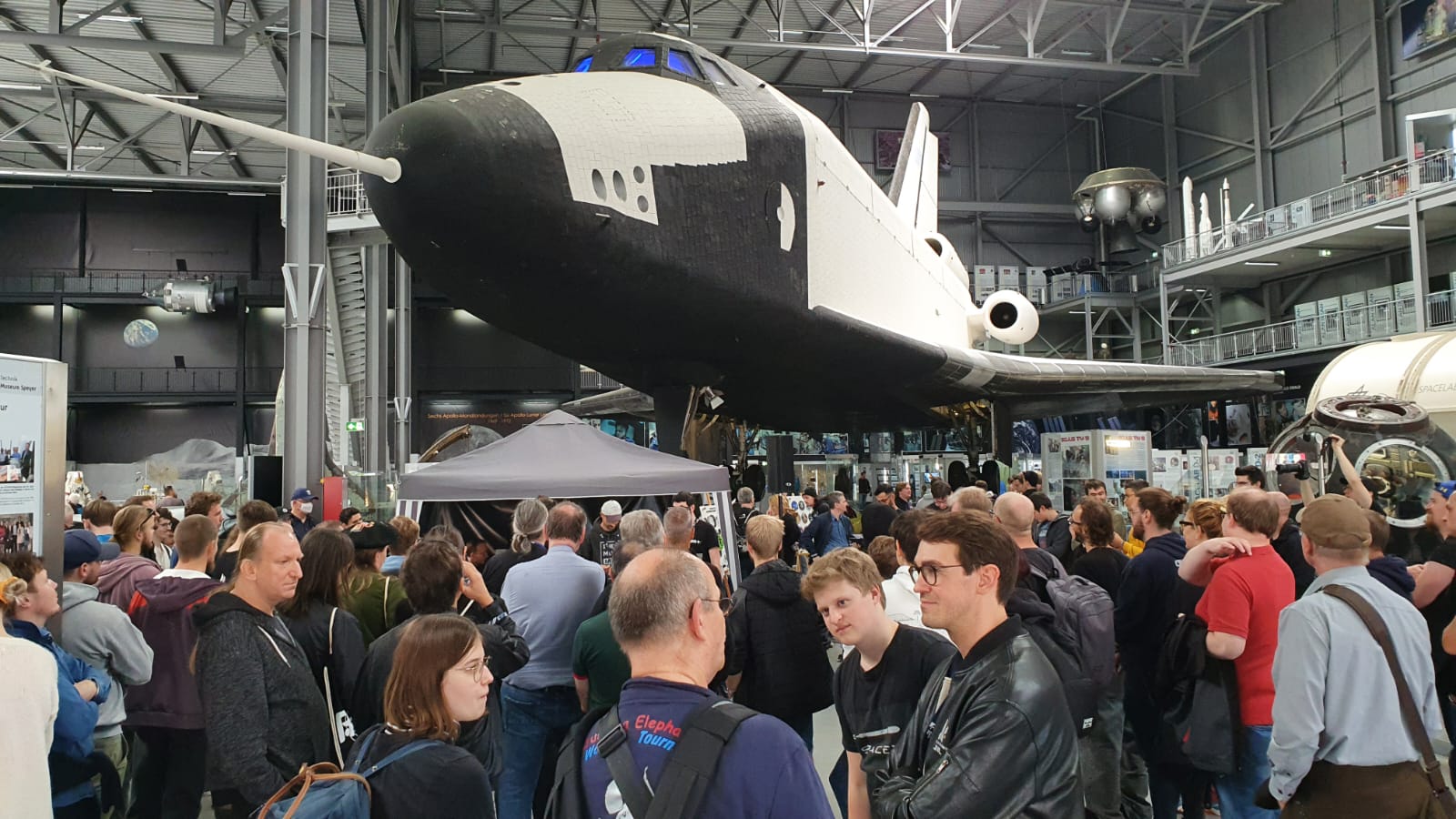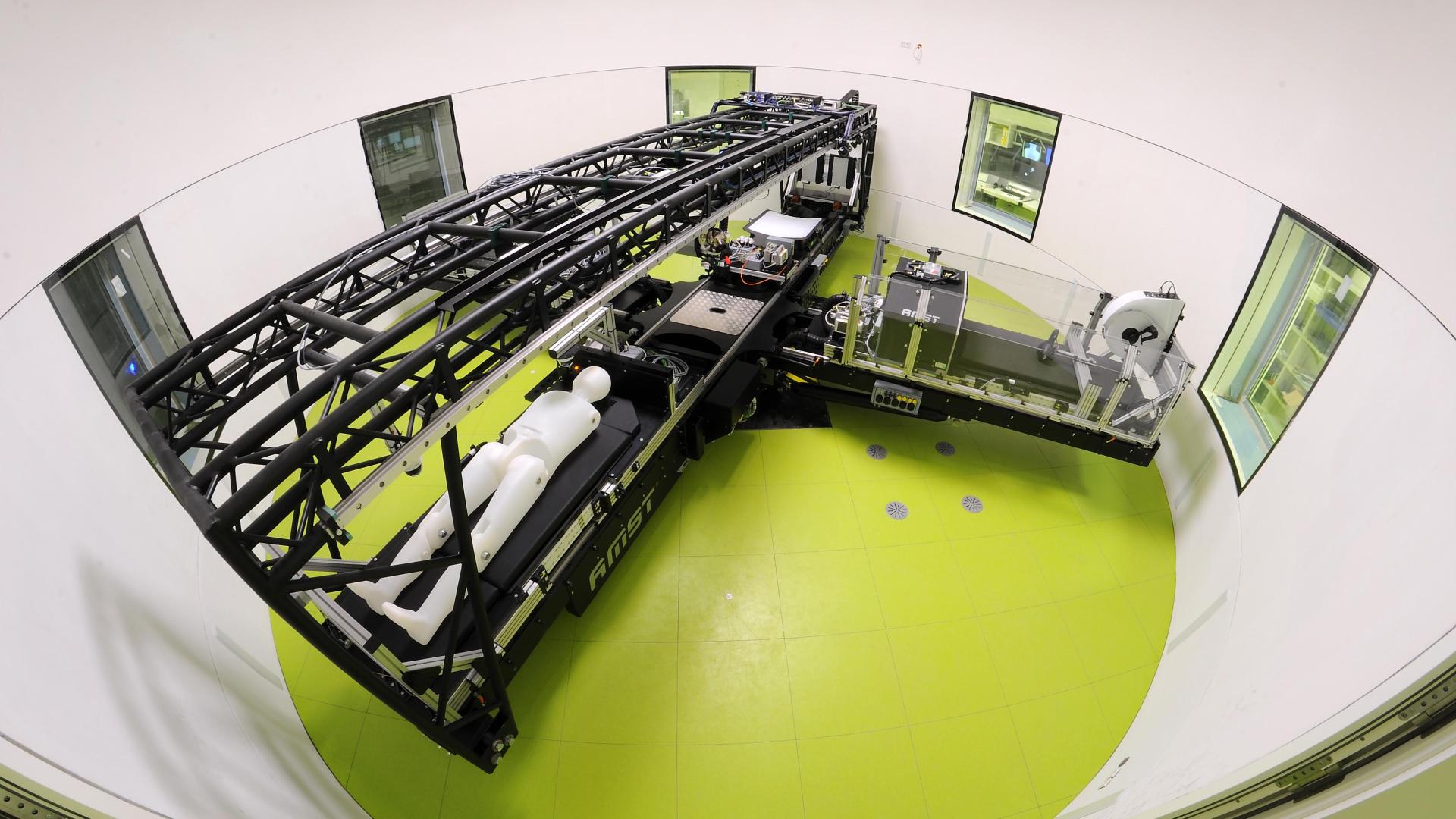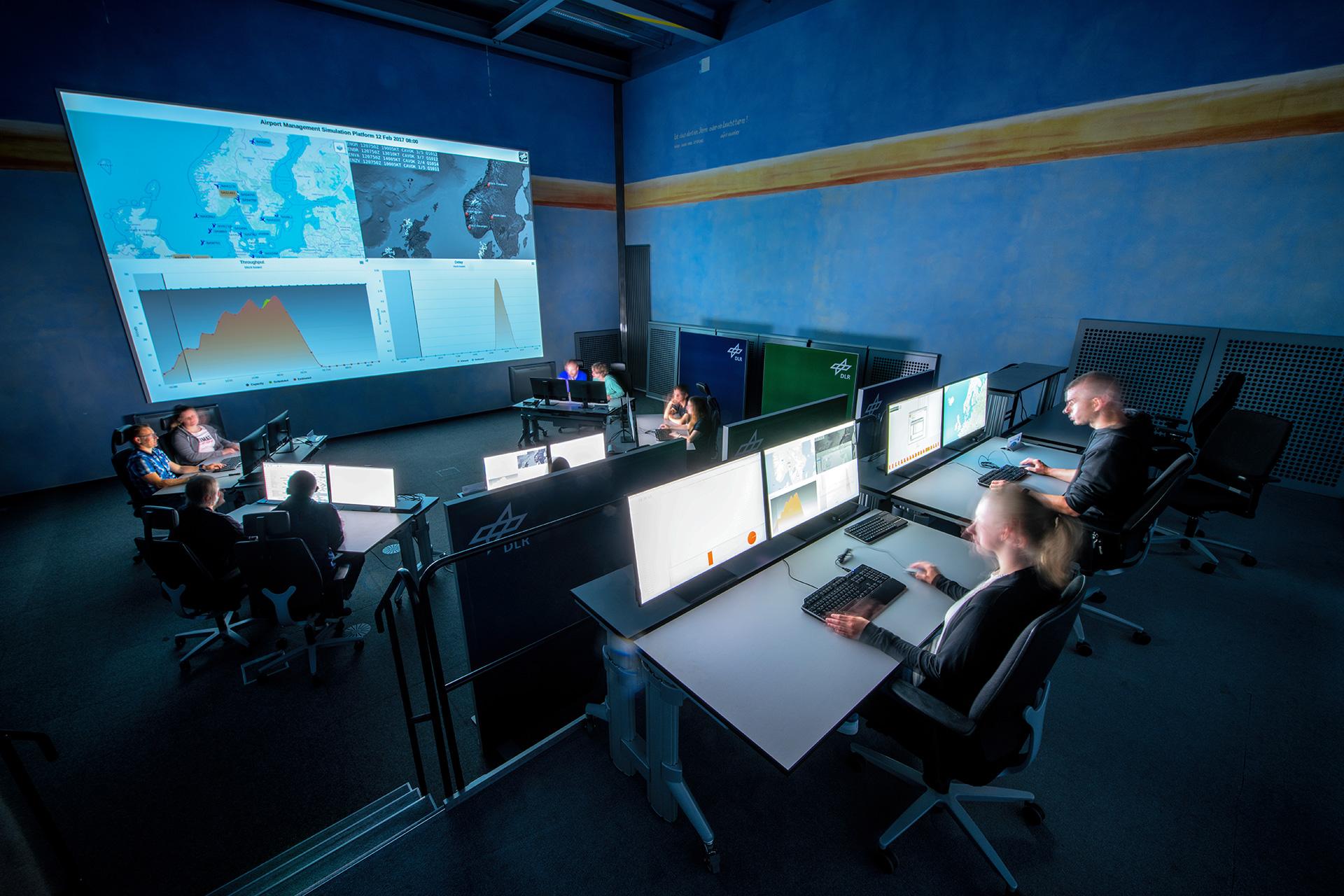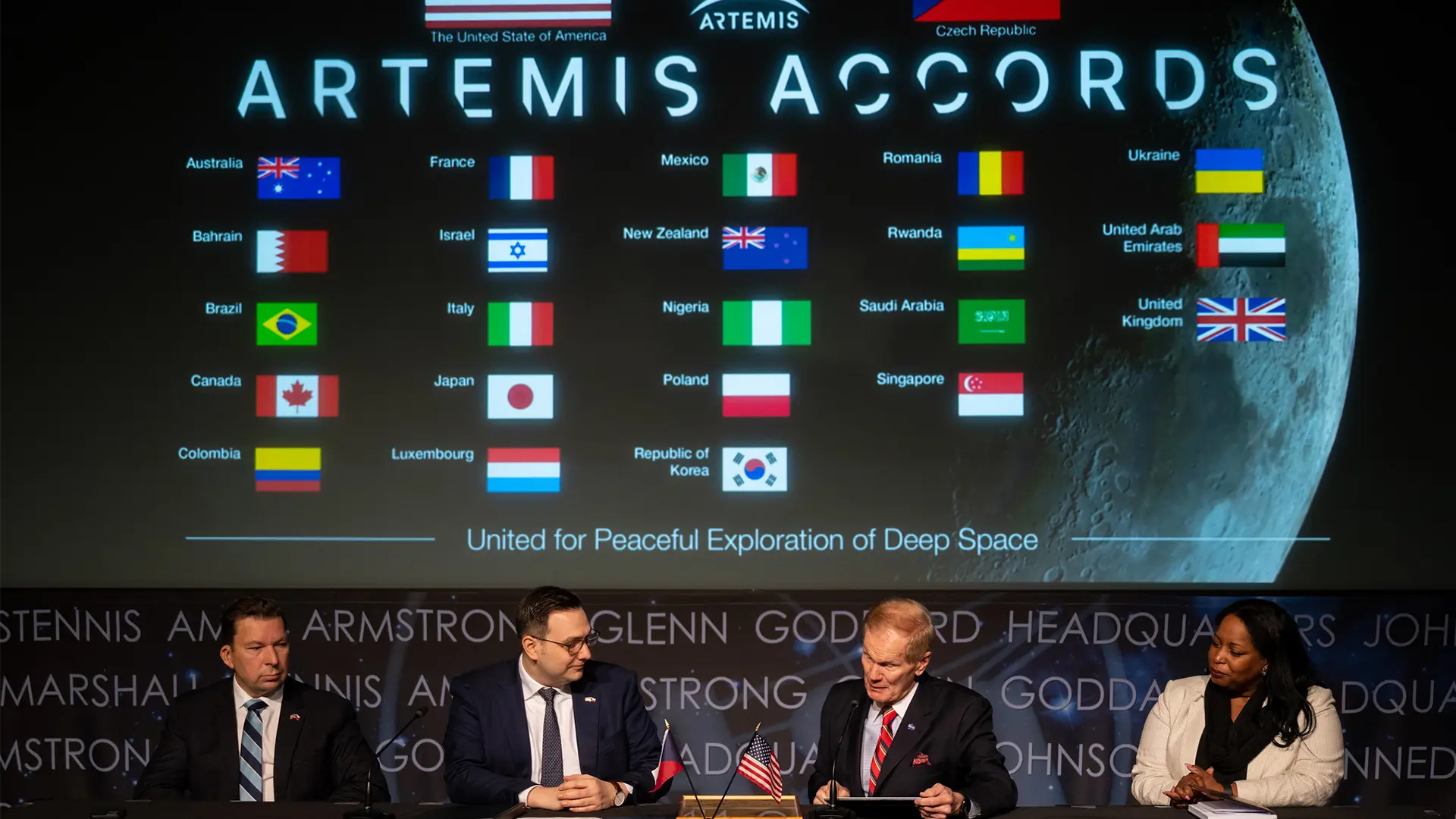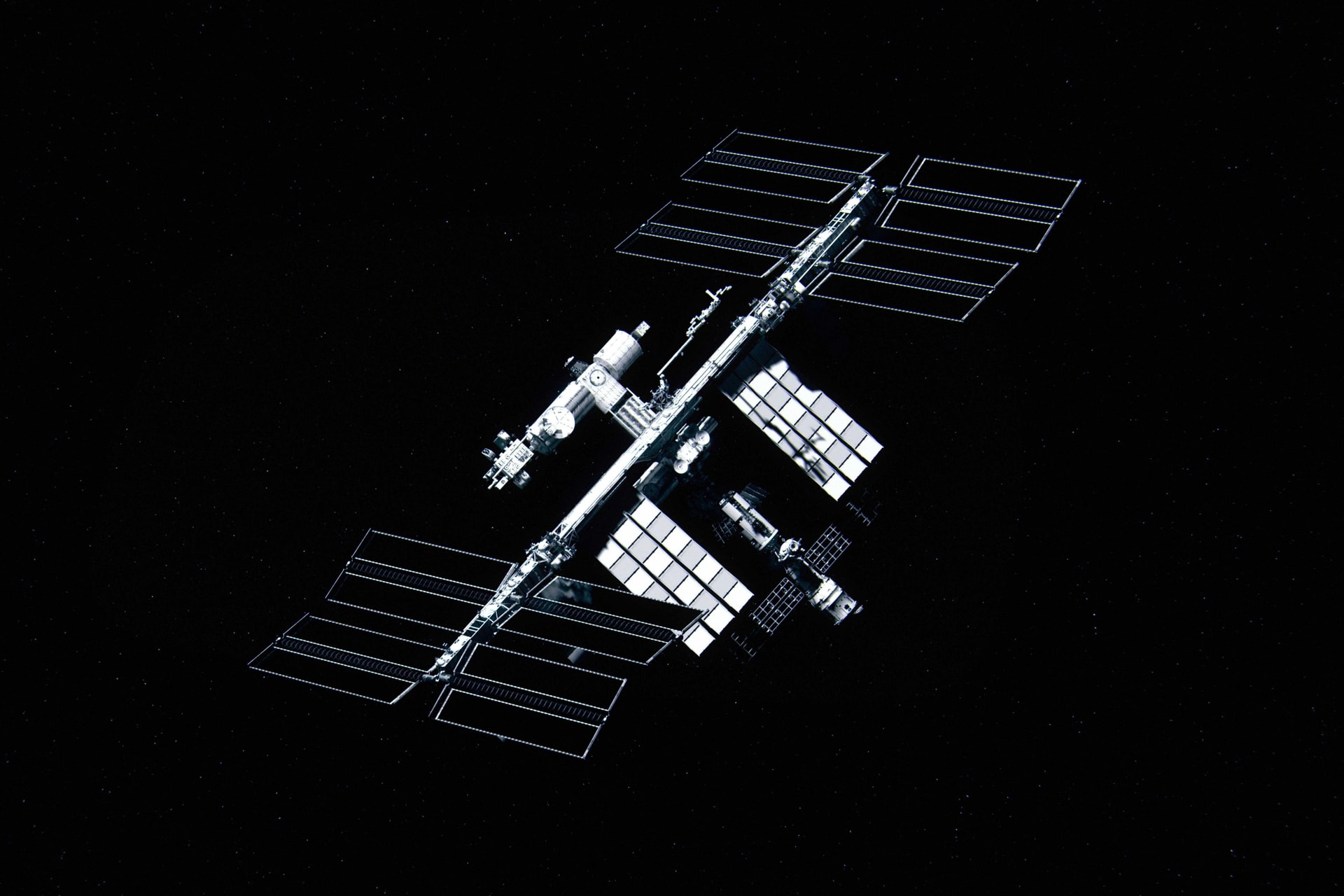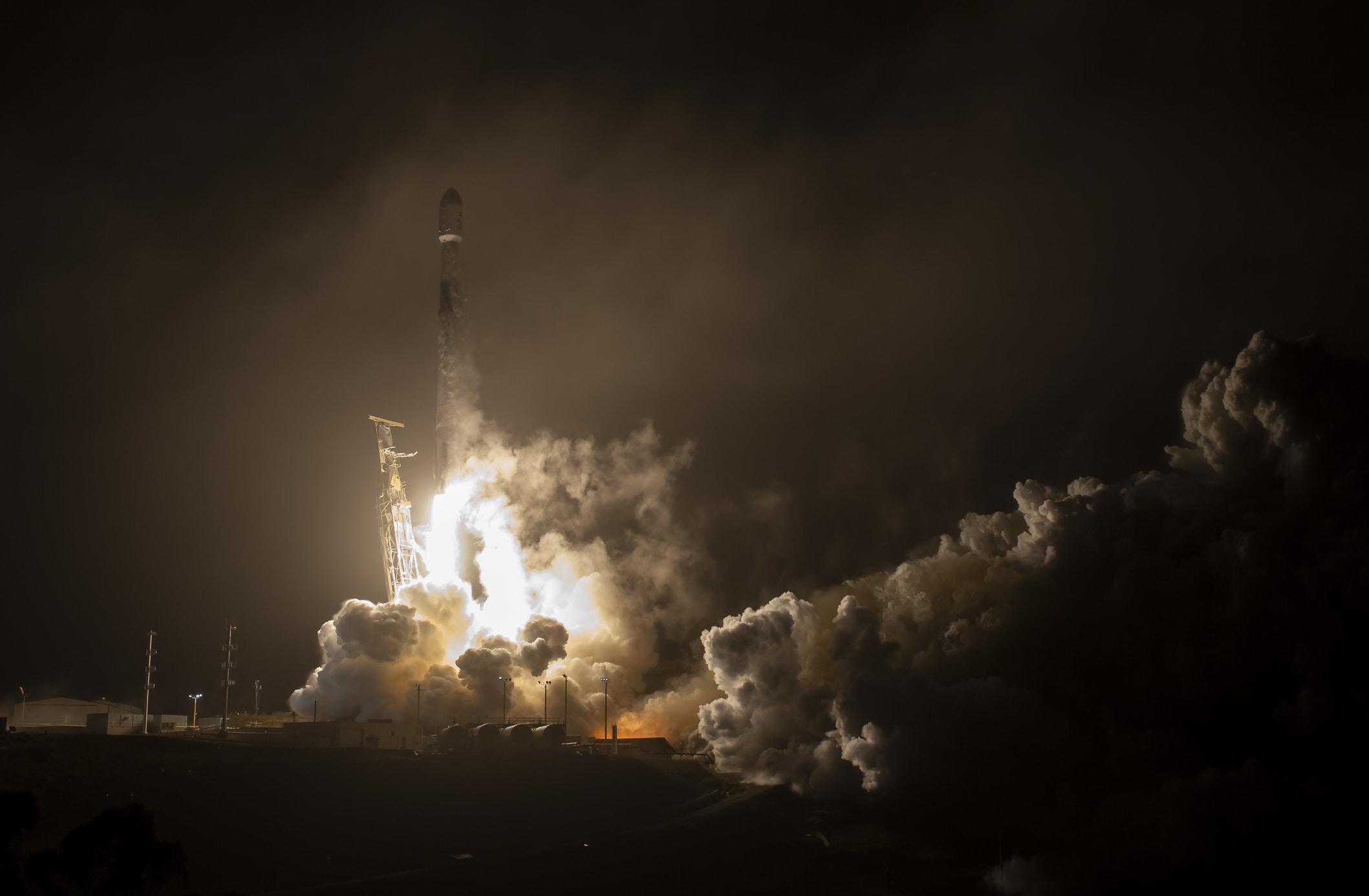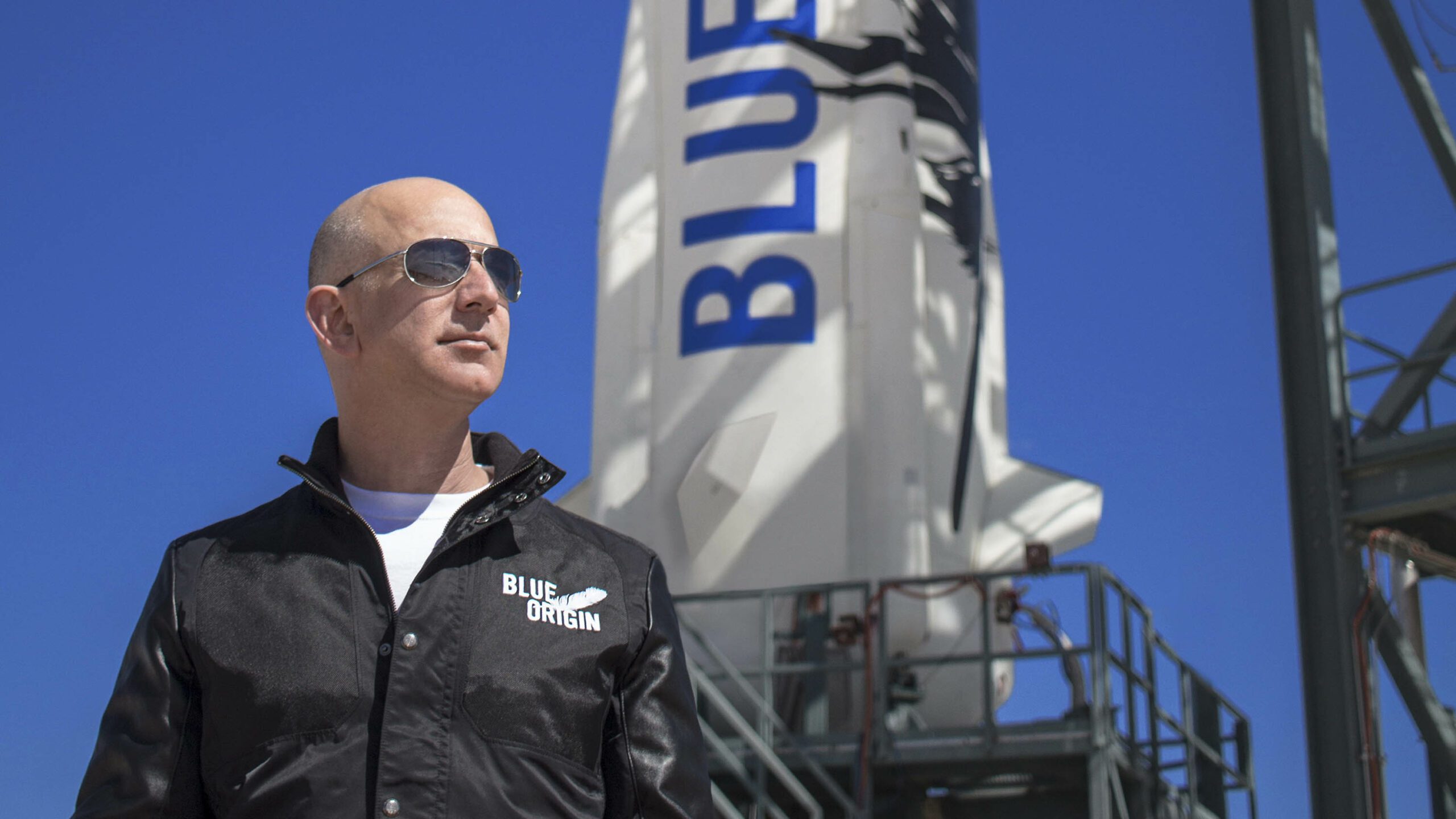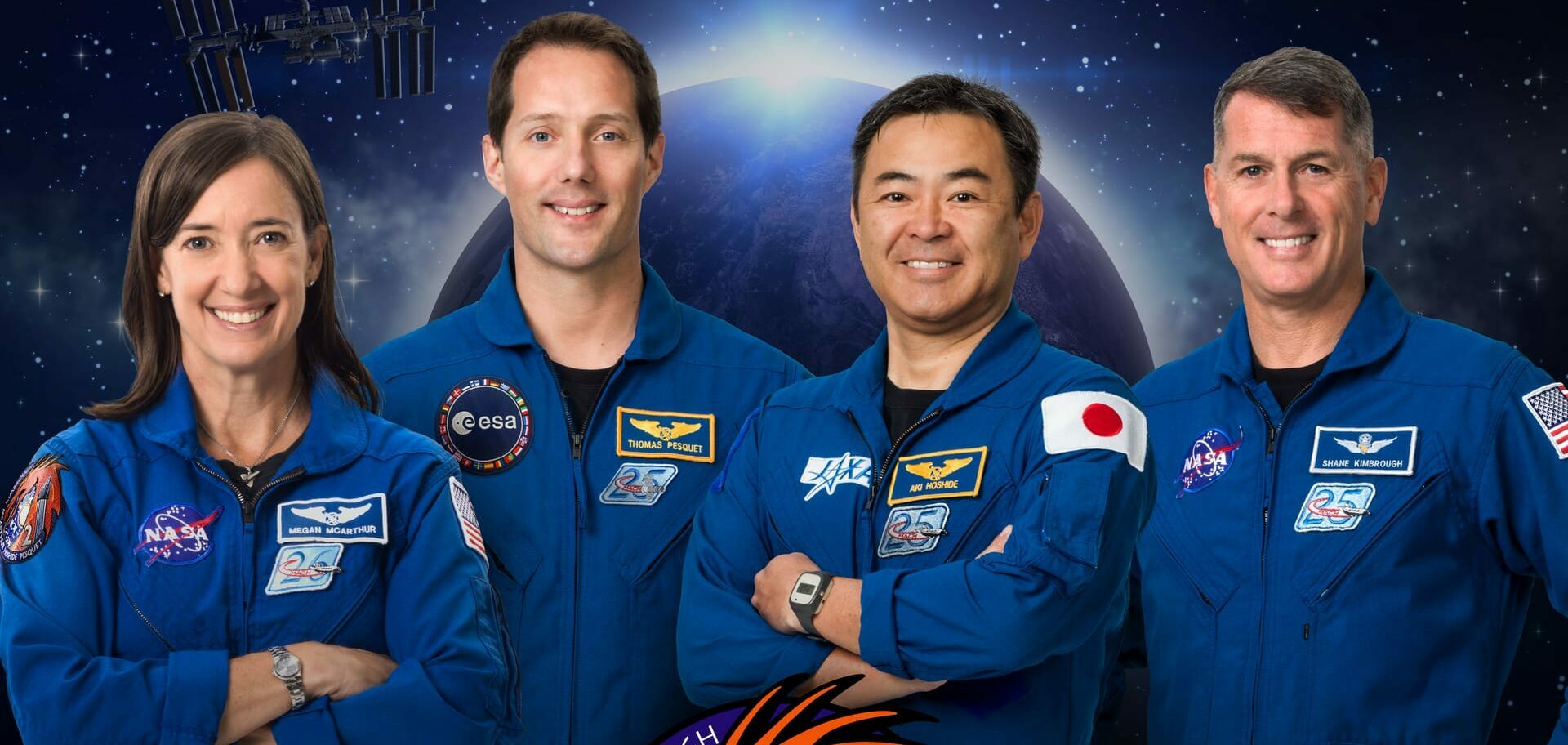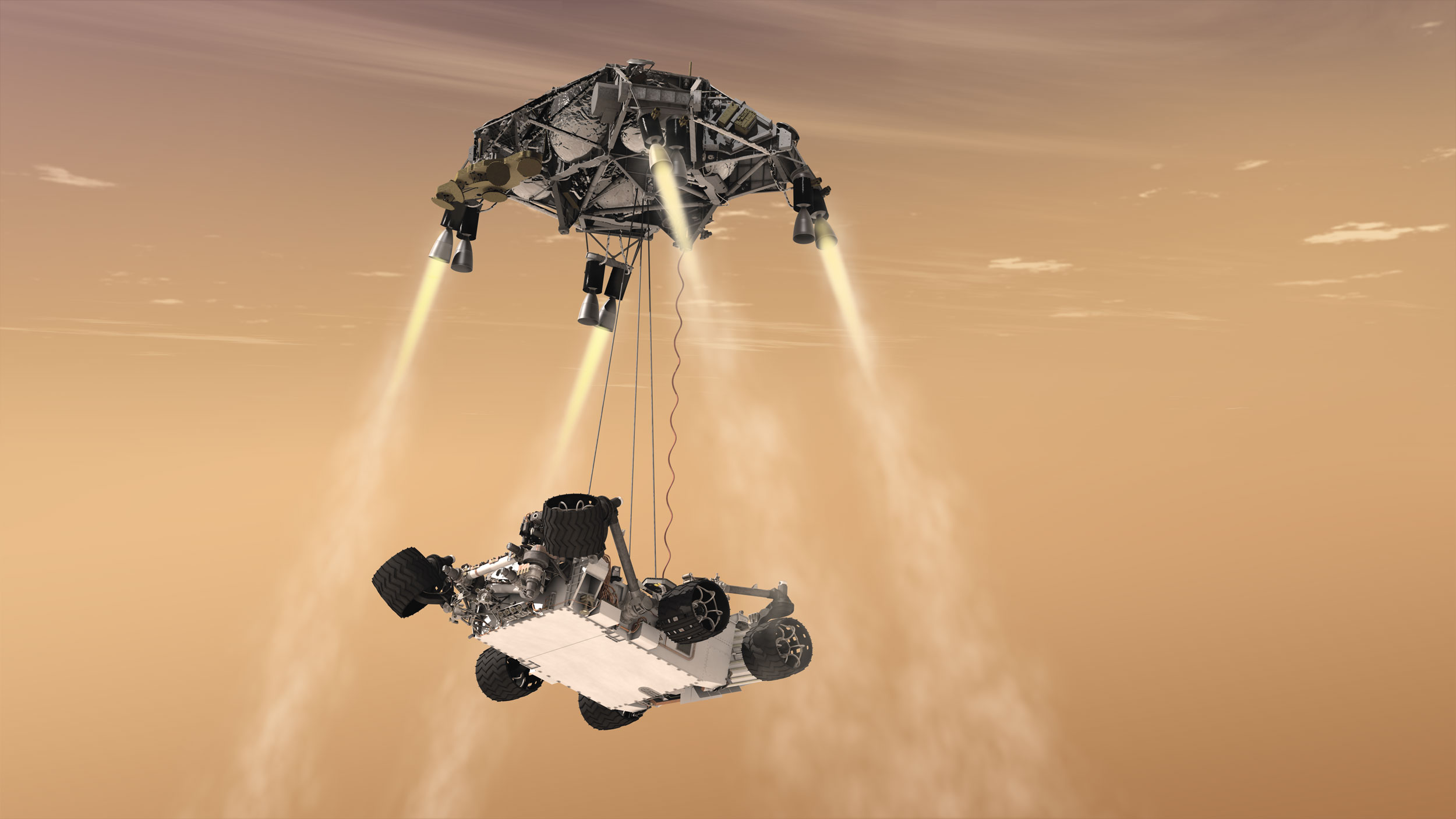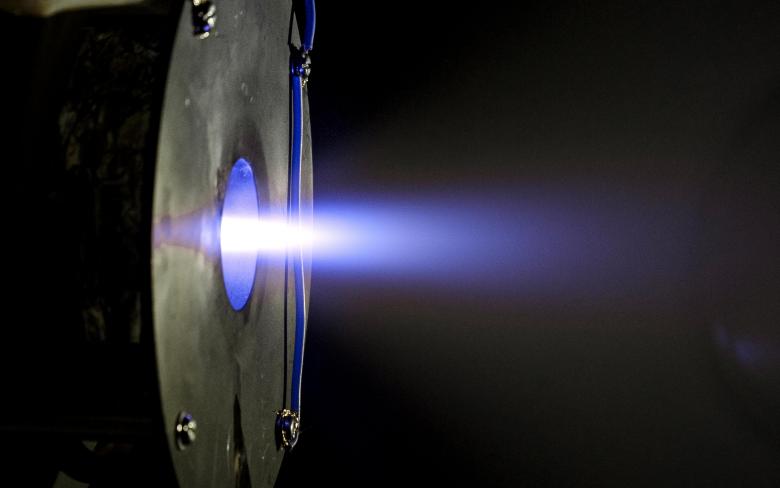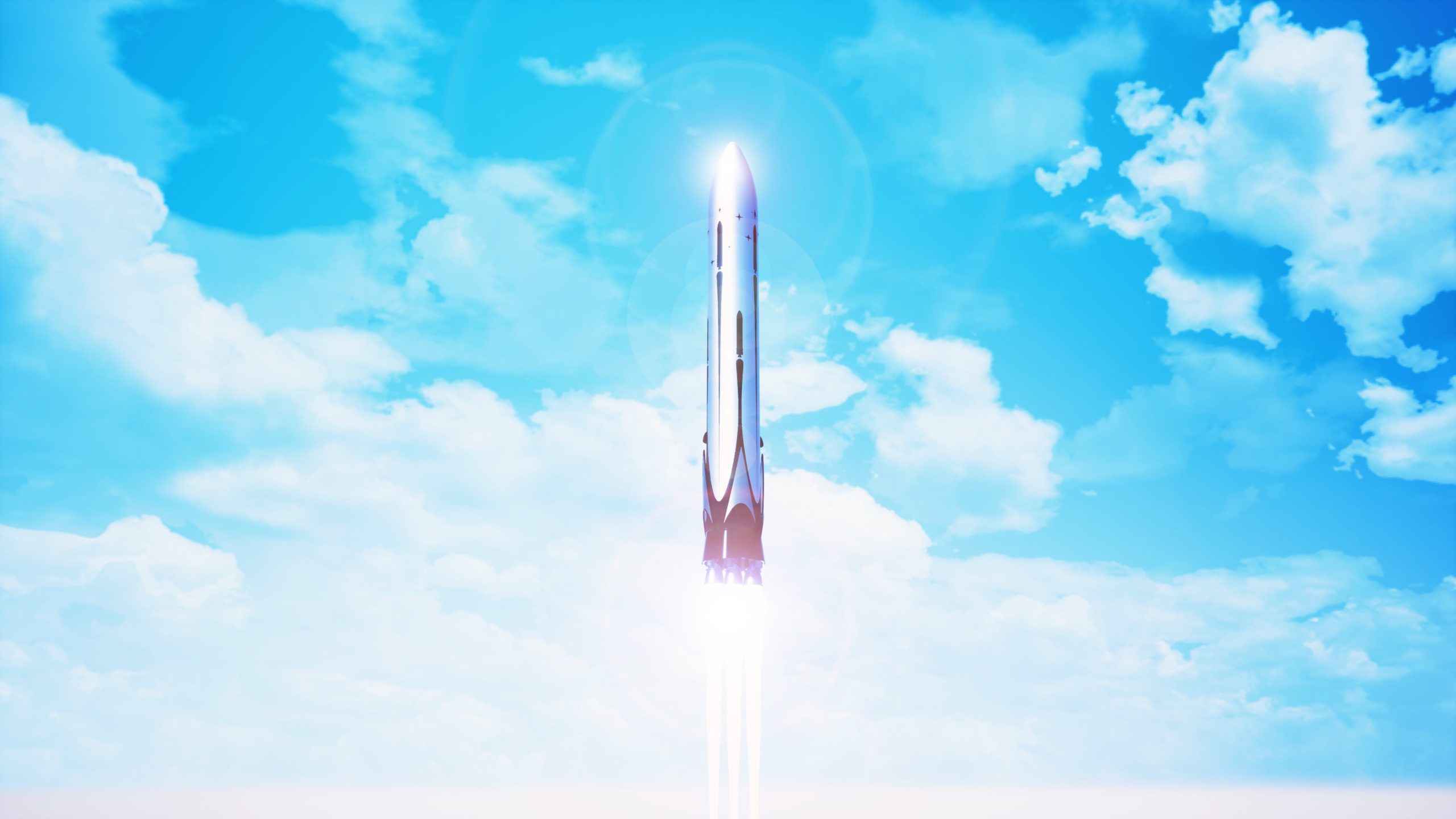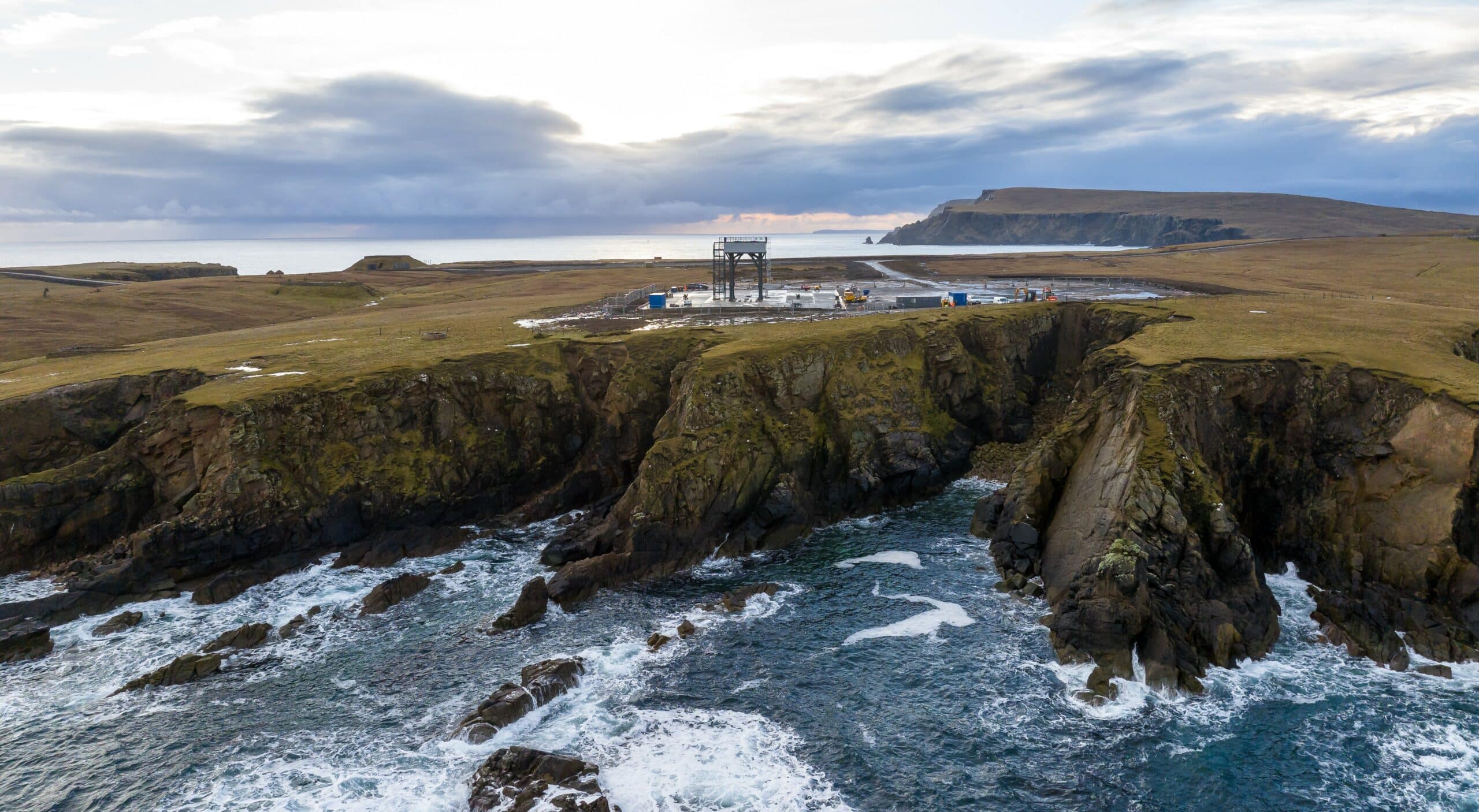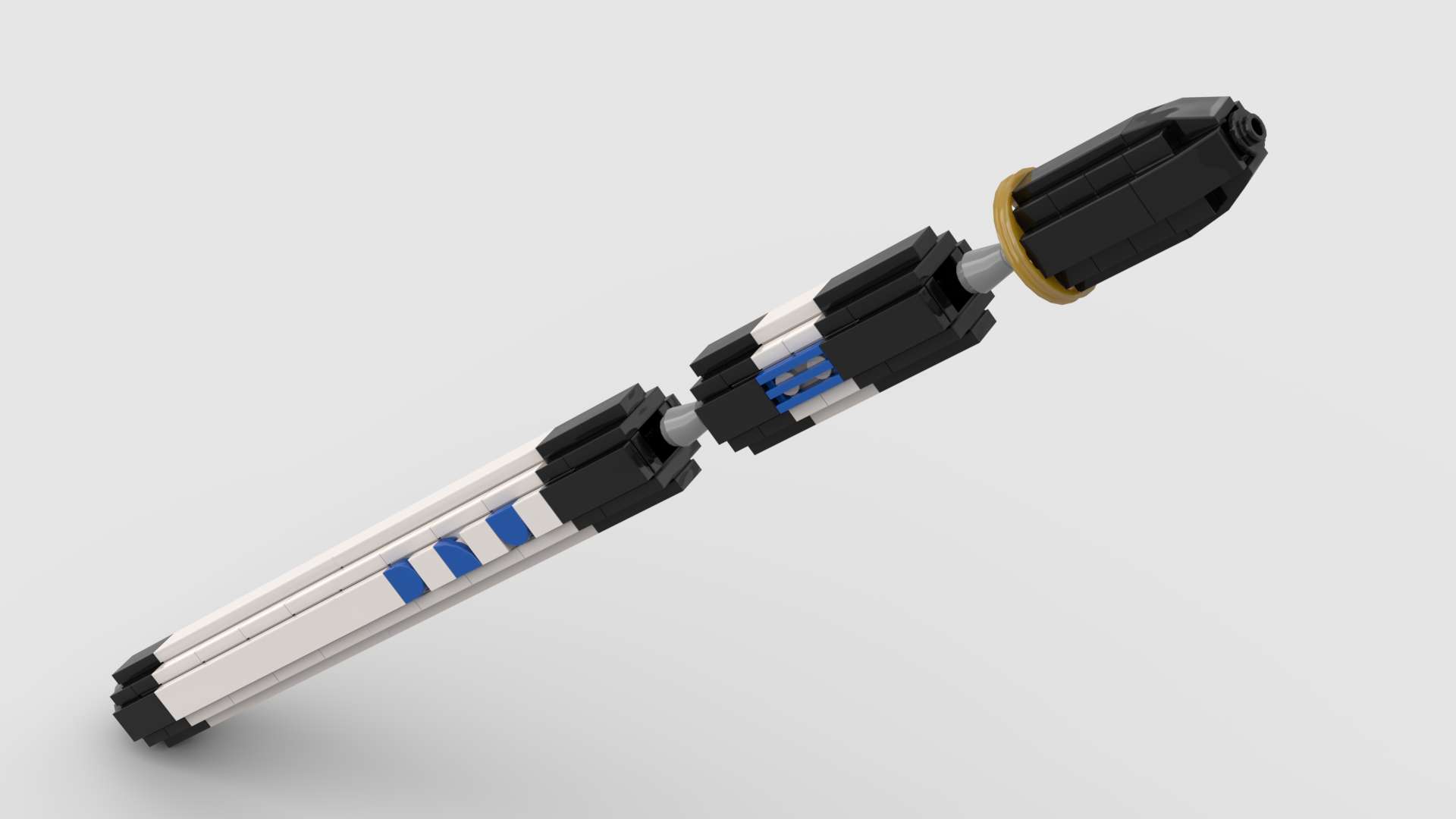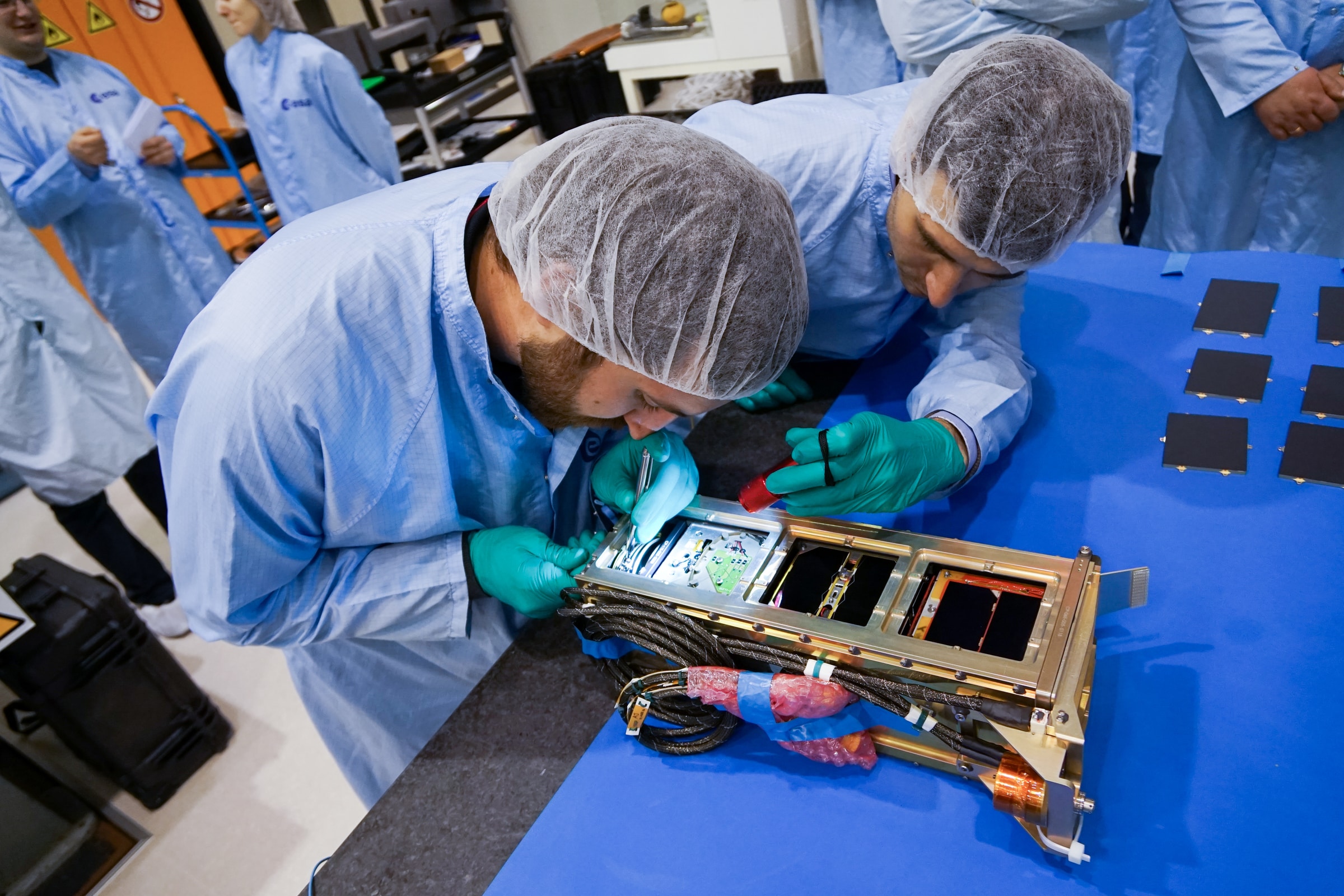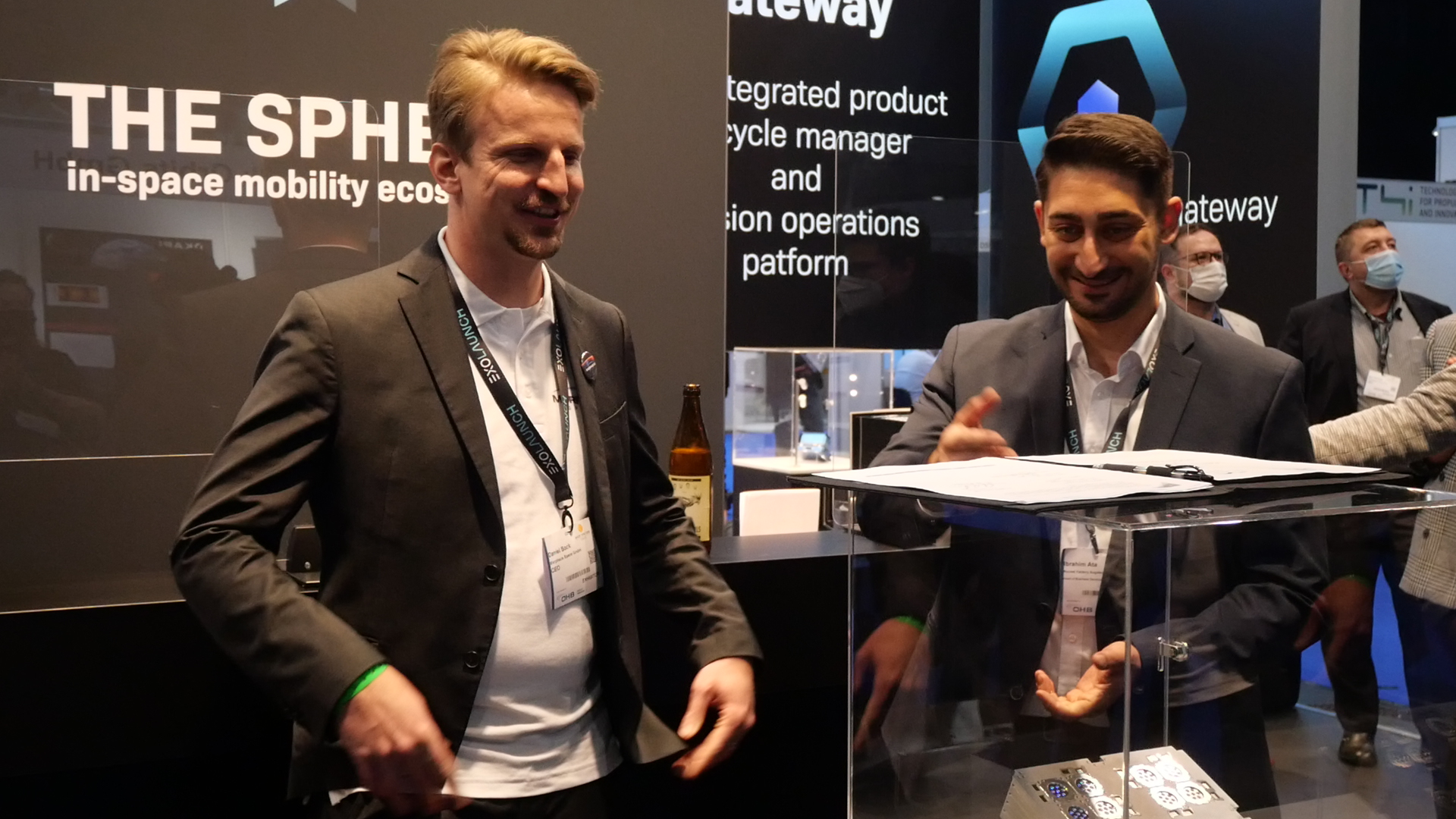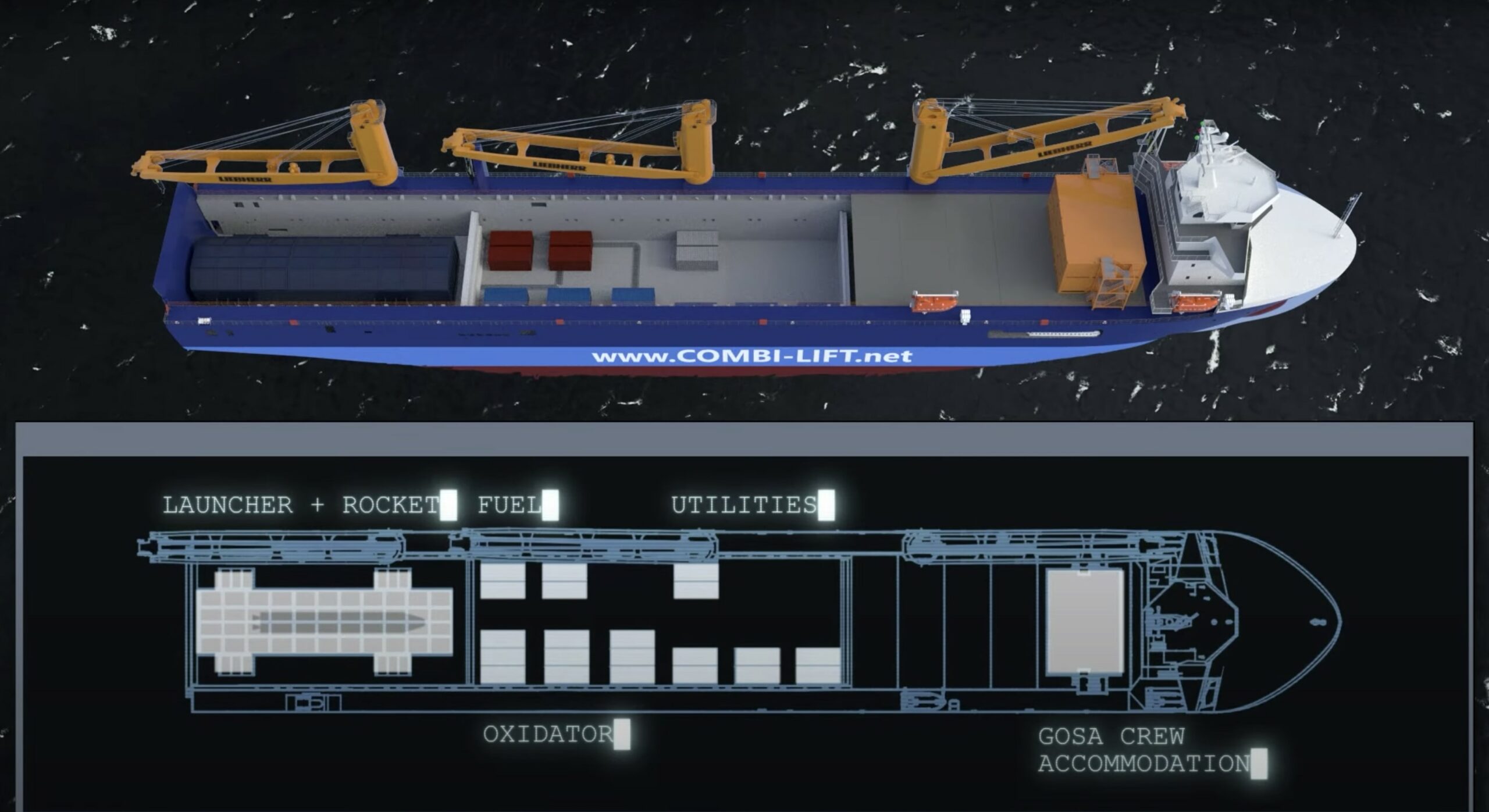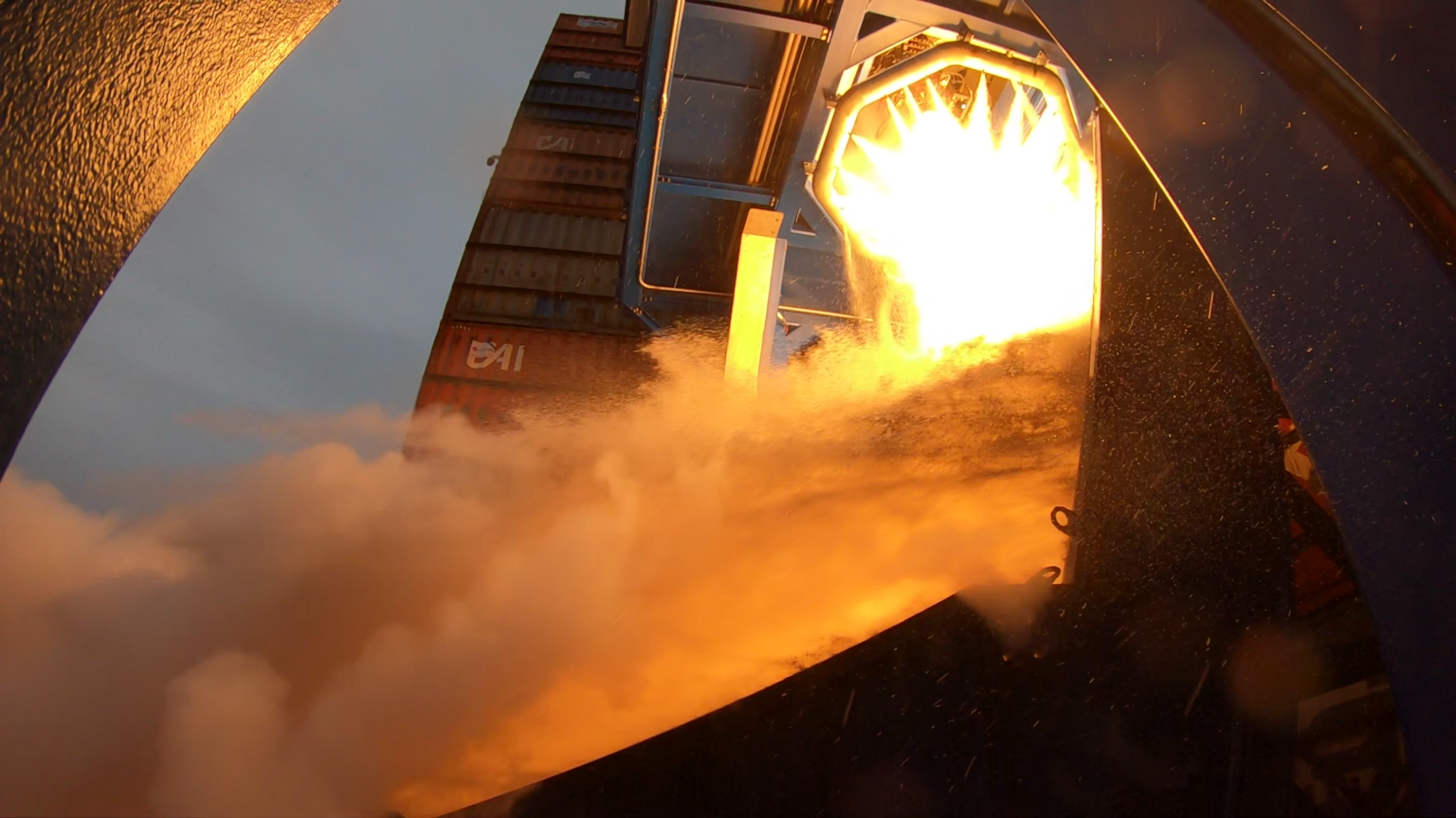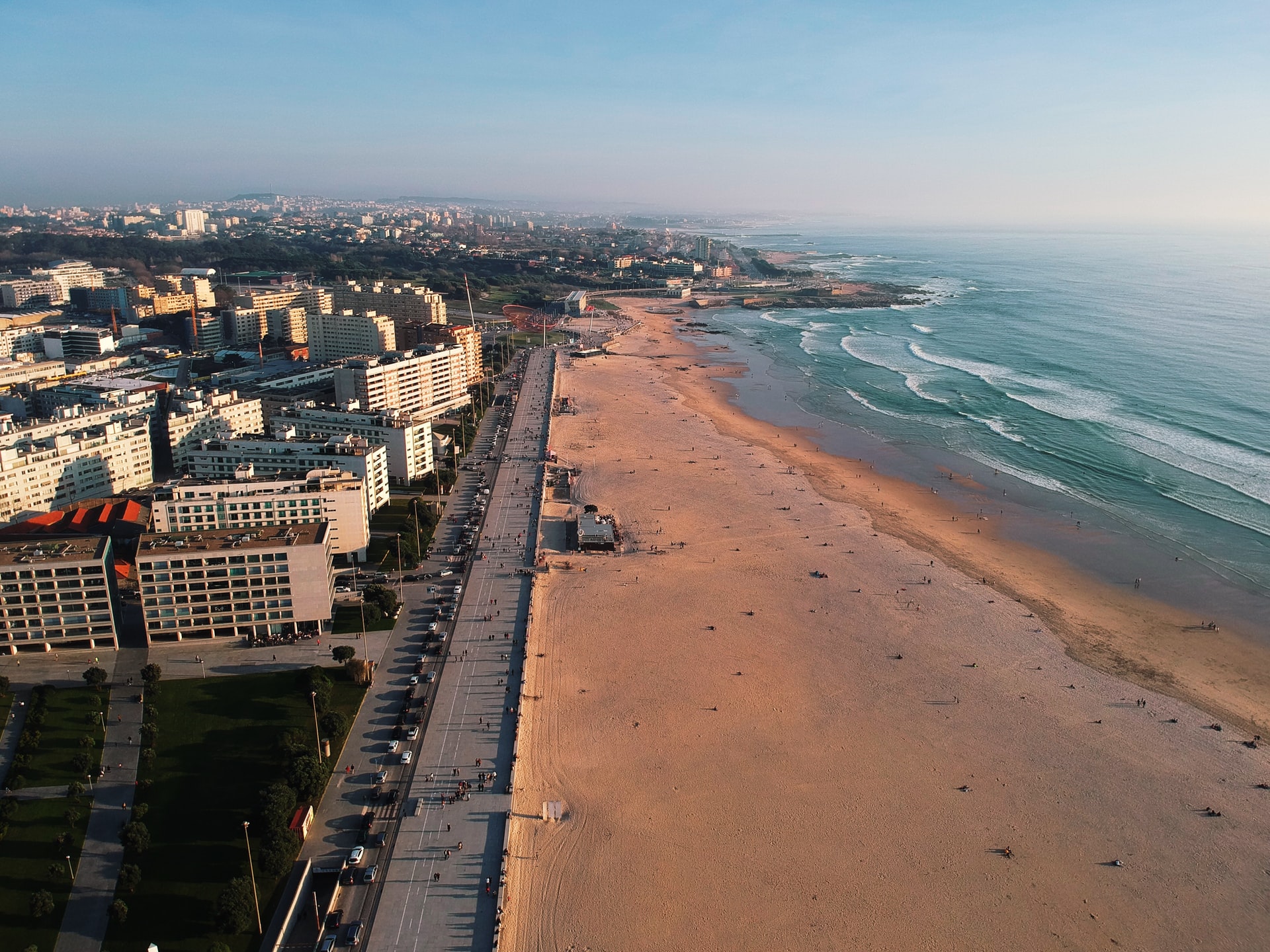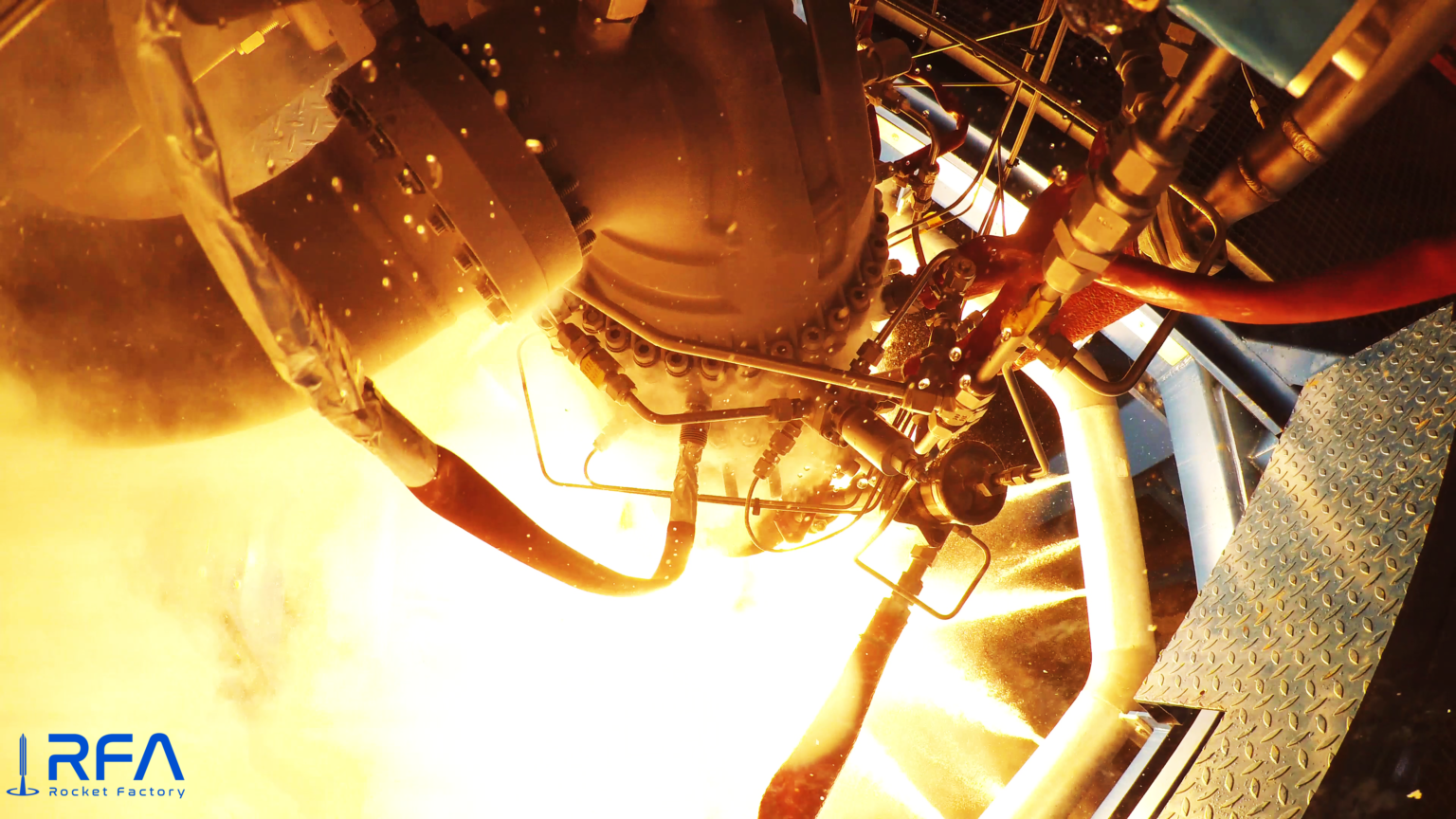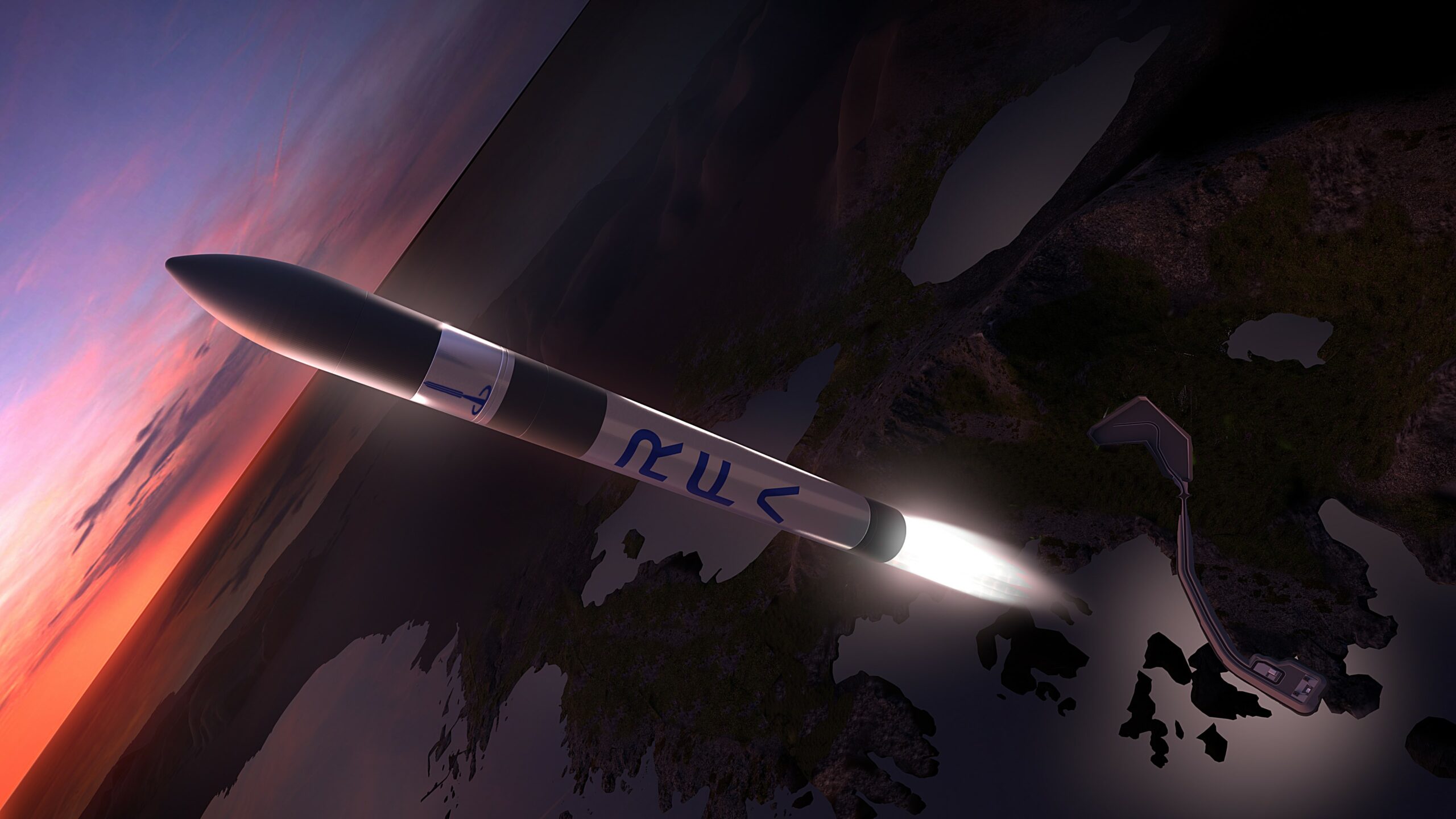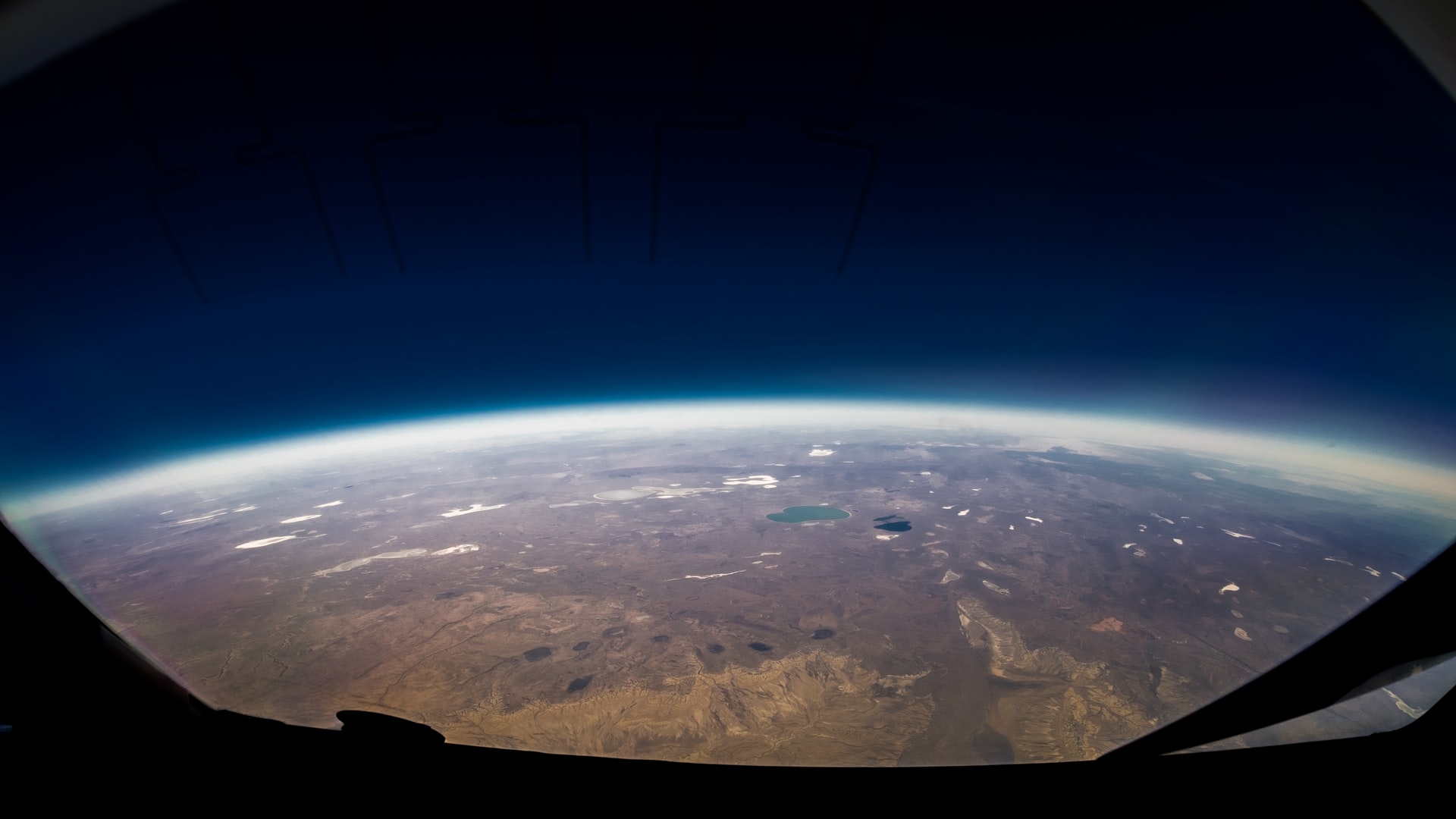
IAC 2021 – Newsticker
Published on Tue, 26.10.2021 – 14:41 CEST in Events, covering IAC 2021From October 25 - 29, 2021, the 72nd International Astronautical Congress (IAC) took place in Dubai. In this regularly updated news ticker we reported on the most important news related to the German and European NewSpace.
Thursday, October 28, 2021
Rocket Factory Augsburg and Plus Ultra Space Outpost (Plus Ultra) sign agreement to launch demonstrator mission to the moon.
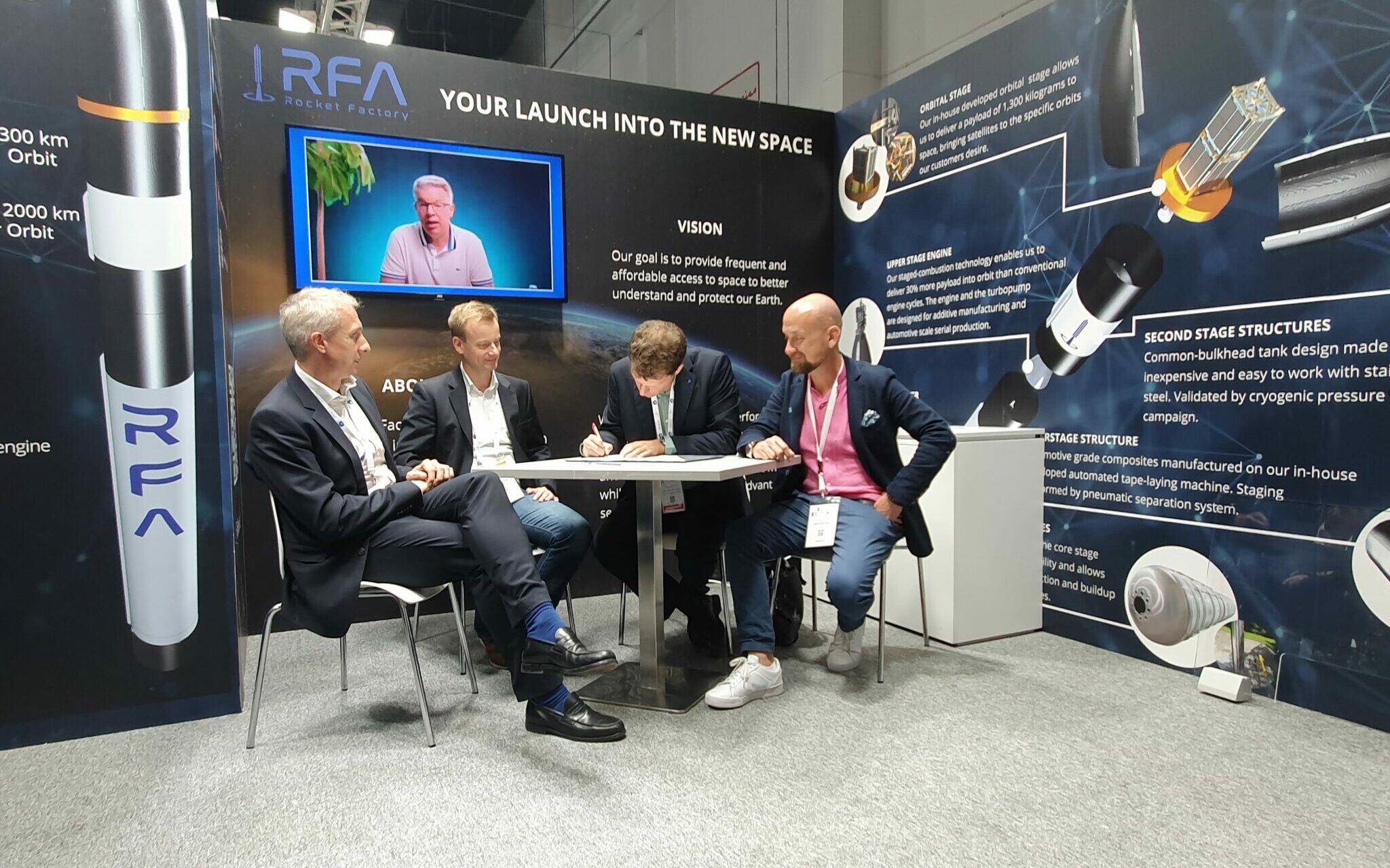
At the end of 2023, the first Plus Ultra satellite is to be launched into a geosynchronous transfer orbit with a microlauncher RFA One. From there, it will be the first private orbiter with its own electric propulsion system to set off for the moon and orbit it. For future lunar missions, Plus Ultra plans to build the "Harmony" constellation to provide communications and navigation. The satellite is expected to reach its orbit around the moon in 2024, from where it will provide around-the-clock high-speed broadband communications at up to 100 Mbit/s per user between the moon, including the cislunar orbit, and Earth.
Wednesday, October 27, 2021
German Aerospace Center (DLR) and Norwegian Space Center sign bilateral agreement.
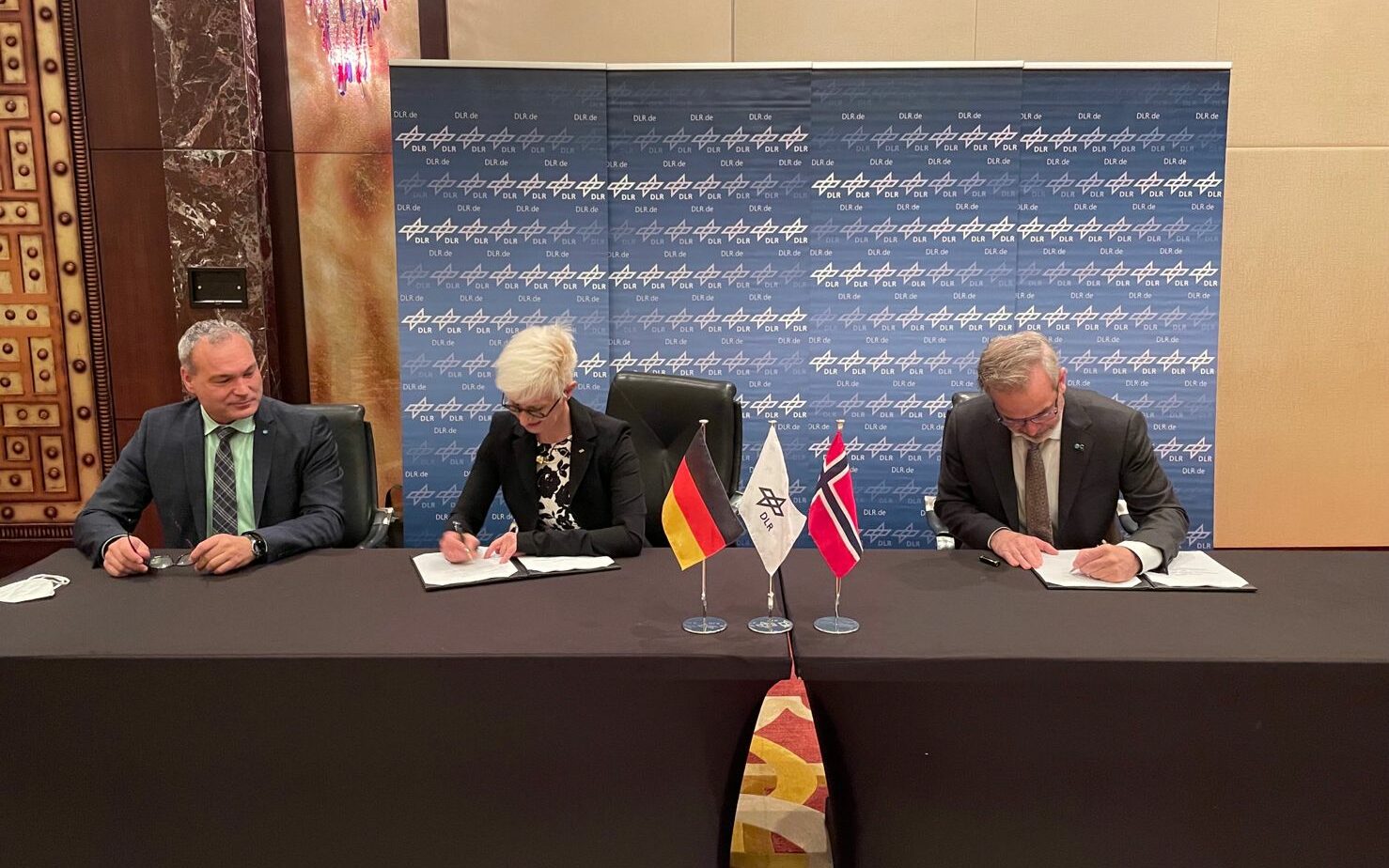
According to Christian Hauglie-Hanssen, Director General of the Norwegian Space Agency, this will strengthen cooperation in the areas of microlauncher activities, space traffic management and space law. The agreement is relevant in that the two German companies Rocket Factory Augsburg and Isar Aerospace plan to launch from the Norwegian spaceport Andøya from 2023.
Airbus Defence and Space and Mohammed Bin Rashid Space Centre sign Memorandum of Understanding to collaborate on Emirates Lunar Mission.
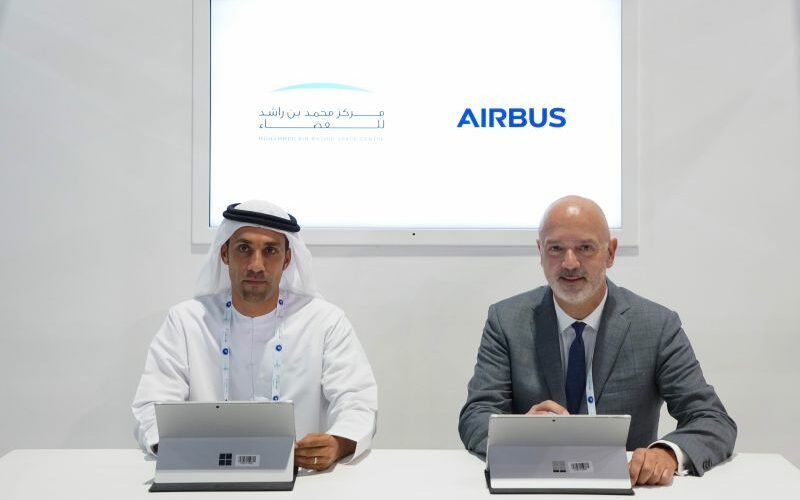
Cooperation is planned in the field of in-situ material testing as part of the MAD (Material Adhesive Demonstration) experiment. According to Jean-Marc Nasr, head of Space Systems at Airbus, the United Arab Emirates has made great strides in space exploration with its successful Al-Amal (Hope) Mars mission and the sending of the first astronaut to the ISS. He said the signing of the MoU is a strategic step "to play our part in helping the government achieve its goal of becoming a recognized and leading country in space."
Neutron Star Systems and Rocket Factory Augsburg sign agreement for launch of demonstrator mission.
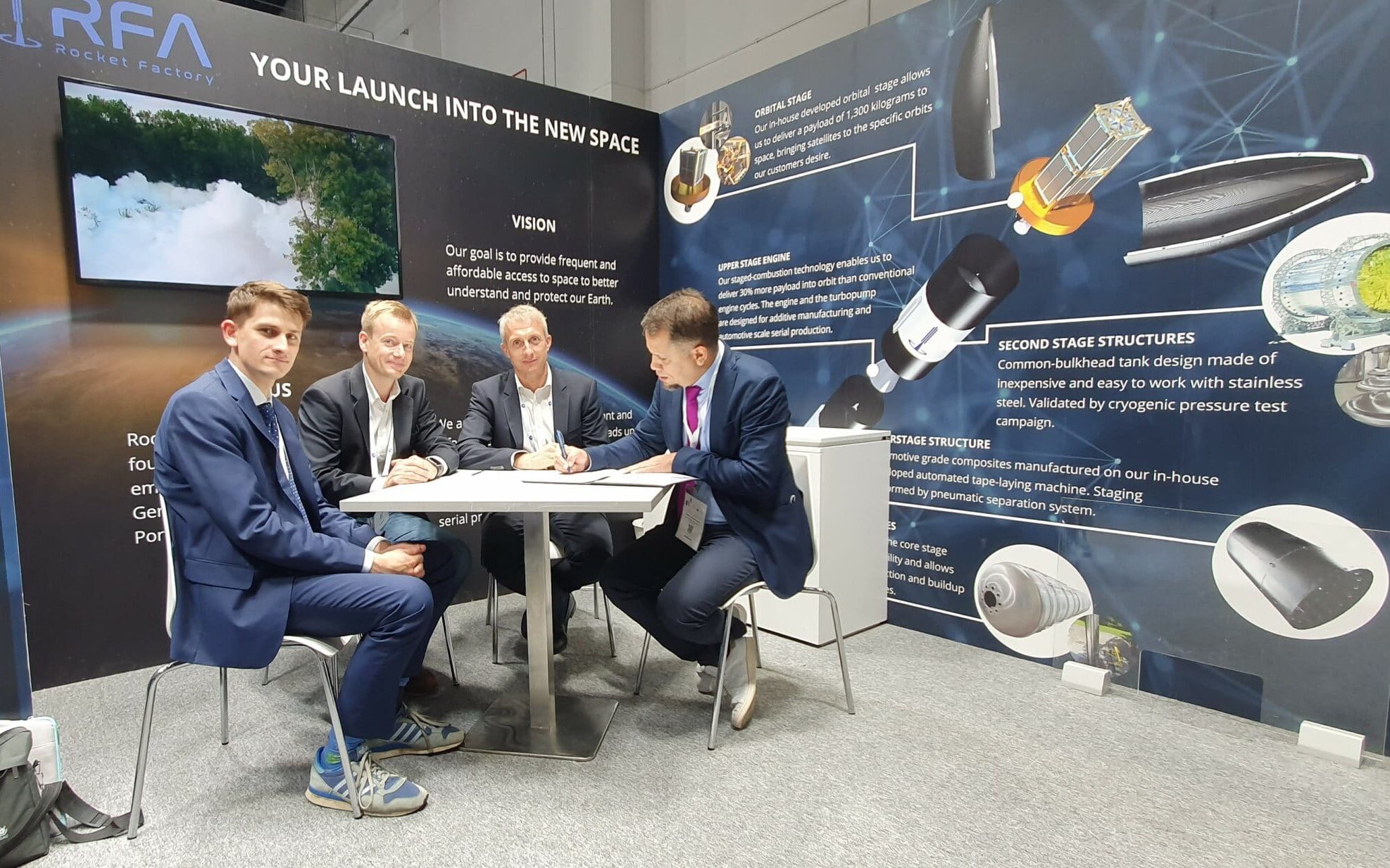
Neutron Star Systems is developing an electric propulsion system for satellites. The launch, scheduled for the third quarter of 2023, is intended to demonstrate the functionality of the SUPREME (SUperconductor-based Readiness Enhanced Magnetoplasmadynamic Electric propulsion) technology in orbit.
Tuesday, October 26, 2021
ESRIC and Airbus Defence and Space sign memorandum of understanding to collaborate on lunar resource extraction technologies.
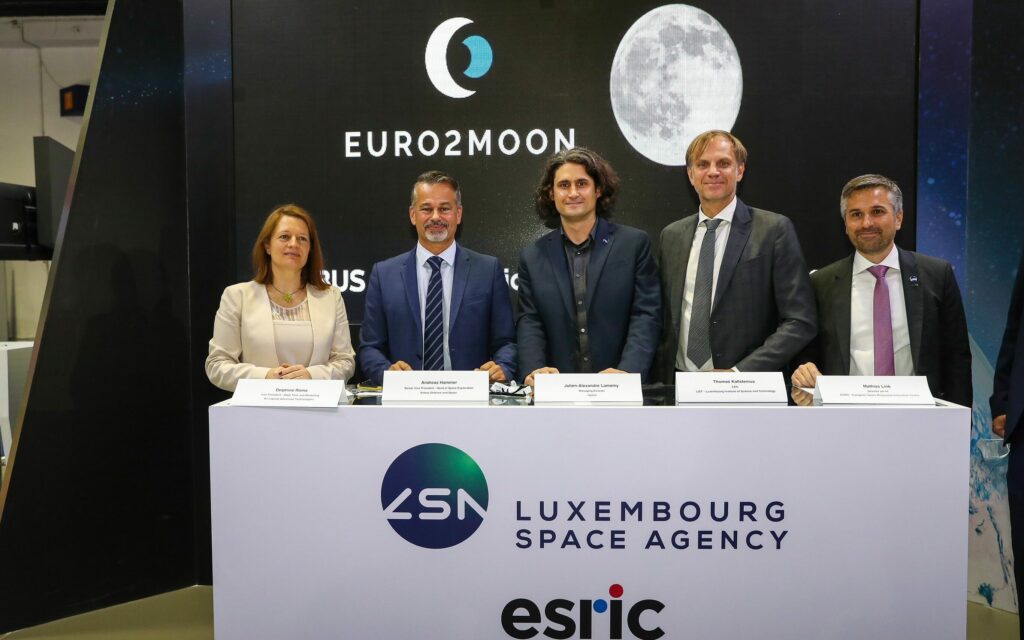
The European Space Resources Innovation Centre (ESRIC) and Airbus Defence and Space have expressed common interest in a strategic partnership through a Memorandum of Understanding. This is intended to support the development of key European technologies for in-situ resource exploitation (in-situ: on-site) and to accelerate the development of the lunar economy around space resources.
Poland signs Artemis Accords
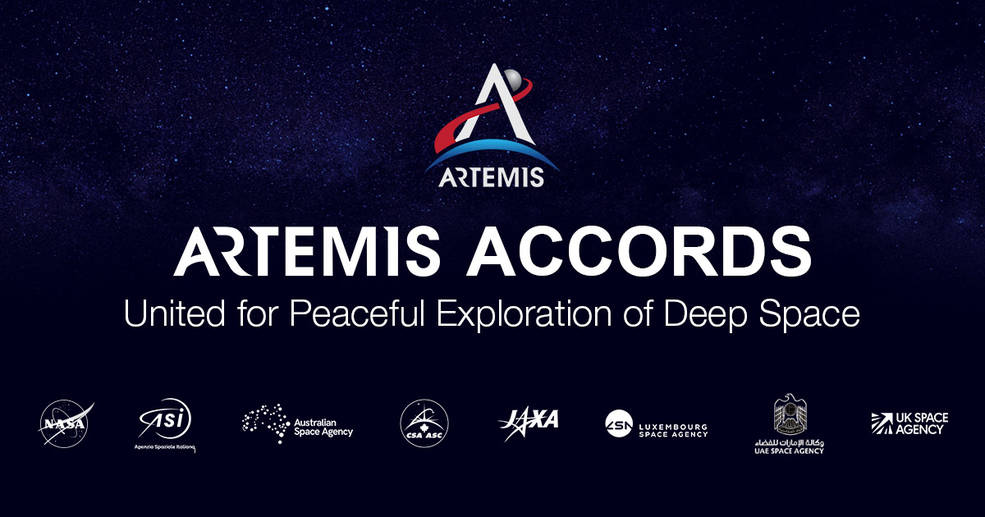
Polish Space Agency (POLSA) President Grzegorz Wrochna signed the document on Oct. 26, 2021, and NASA Deputy Administrator Pam Melory was also present for the ceremony at the IAC. The Artemis Accords are intended to establish a set of practical principles to guide cooperation among nations participating in NASA's plans for lunar exploration in the 21st century. Initial signatories in October 2020 include Australia, Canada, Italy, Japan, Luxembourg and the United States, the United Kingdom and the United Arab Emirates. Brazil, New Zealand, South Korea and Ukraine have also signed on. Approval of the agreements reached in the Artemis Accords is the basis for being able to participate in NASA's Artemis missions. However, they are also subject to criticism because, on the one hand, they are intended to favor the United States as a space nation, and on the other hand, they undermine the Outer Space Treaty in parts (especially on the subject of claims to resources of other celestial bodies).
Airbus Defence and Space, Air Liquide and ispace Europe establish the non-profit organization EURO2MOON.
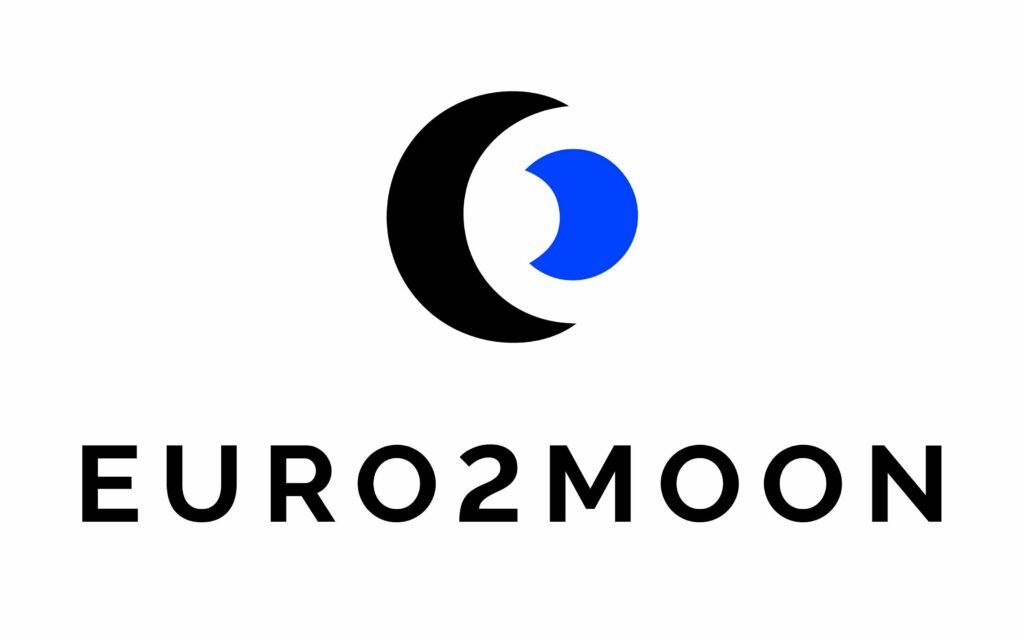
This is to work for the better utilization of the natural resources found on the moon. At the same time, industrial efforts in Europe are to be bundled, thus boosting the cis-lunar economy. The word "cis-lunar" comes from Latin and means something like "on this side of the moon", i.e. the side facing the Earth.
EOMAP opens office in Dubai.

Director of the UAE office will be Rahul Sidharth, who has held the position of Director Business Development & Operations since July 2021. From the new office, EOMAP plans to serve industry partners and government agencies in the Middle East, North Africa and India. According to the company, Sidharth will sell the entire product range for mapping and monitoring water environments.
Rocket Factory Augsburg (RFA) and SENER Aeroespacial sign agreement for launch services.
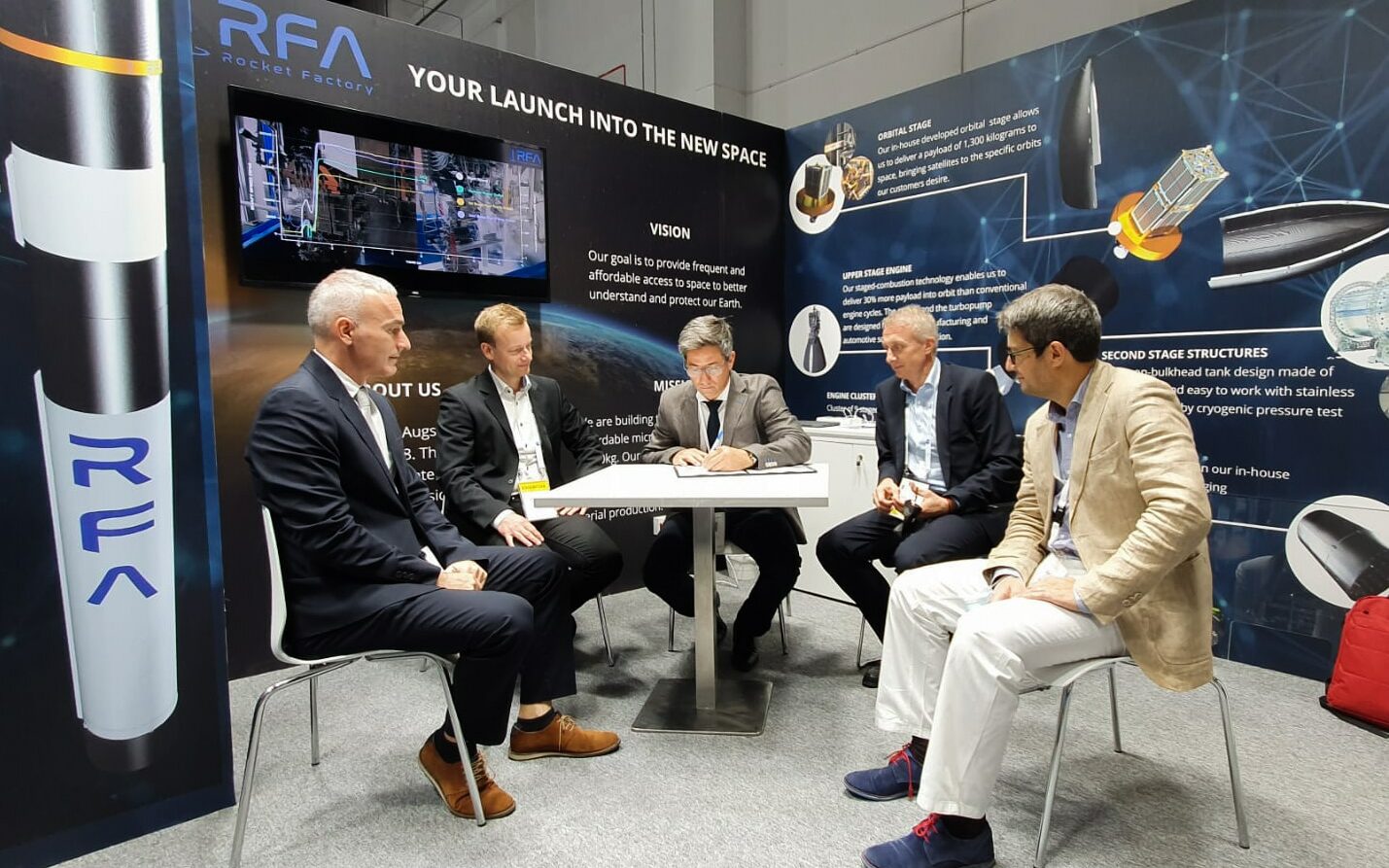
Accordingly, RFA will launch the small satellite Small Satellite "E.T.PACK" into a medium inclination low-Earth orbit using its microlauncher RFA One. E.T.PACK is a device designed to demonstrate de-orbit (controlled re-entry into Earth's atmosphere) of satellites as well as upper stages of launch vehicles without chemical or electric propulsion using a novel electrodynamic holding technology.
Monday, October 25, 2021
DcubeD accepted as a member of the International Astronautical Federation (IAF).
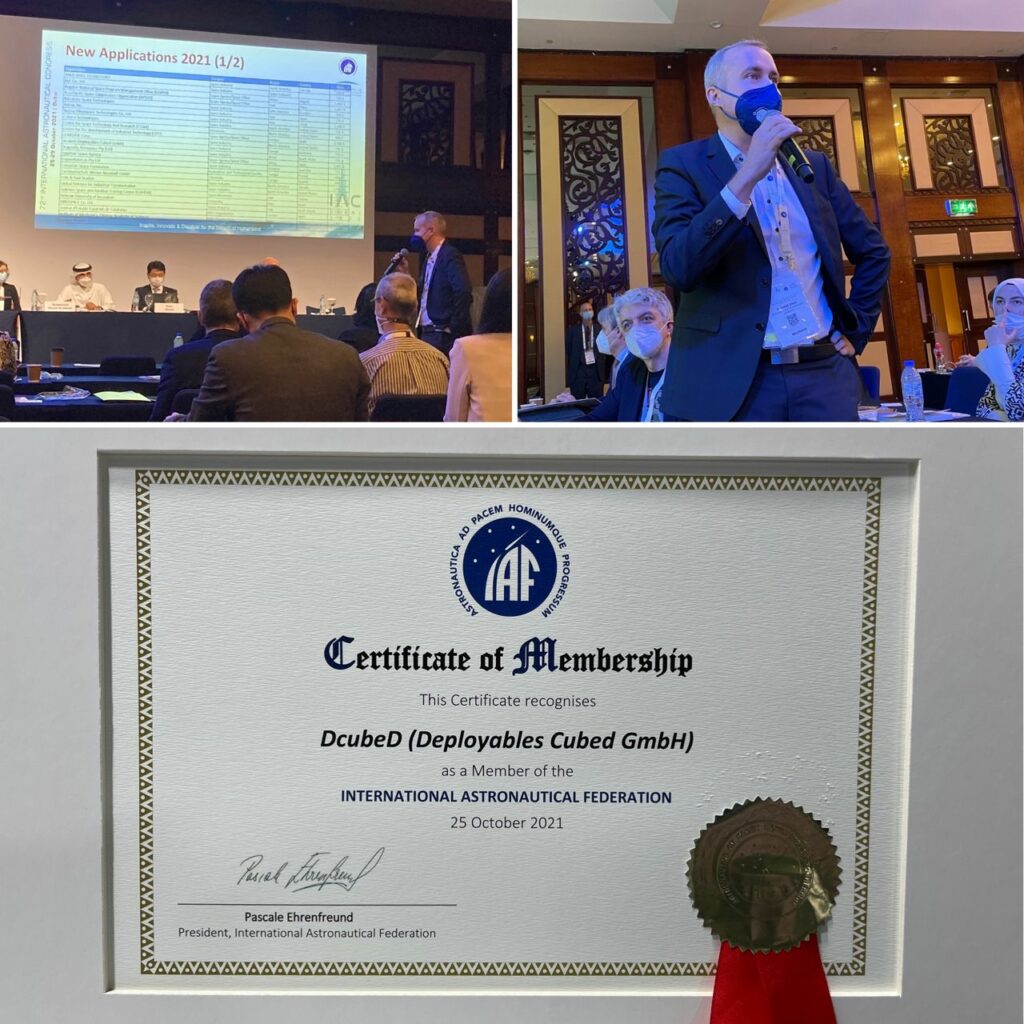
Following the successful introduction of CEO Dr. Thomas Sinn, DcubeD was accepted as a member of the IAF. Among other things, the Gemering-based company hopes this will lead to new partnerships to advance space technology on a global scale and enable a thriving NewSpace economy.
Rocket Factory Augsburg (RFA) and Commercial Space Technologies (CST) sign letters of intent for "exotic orbits."
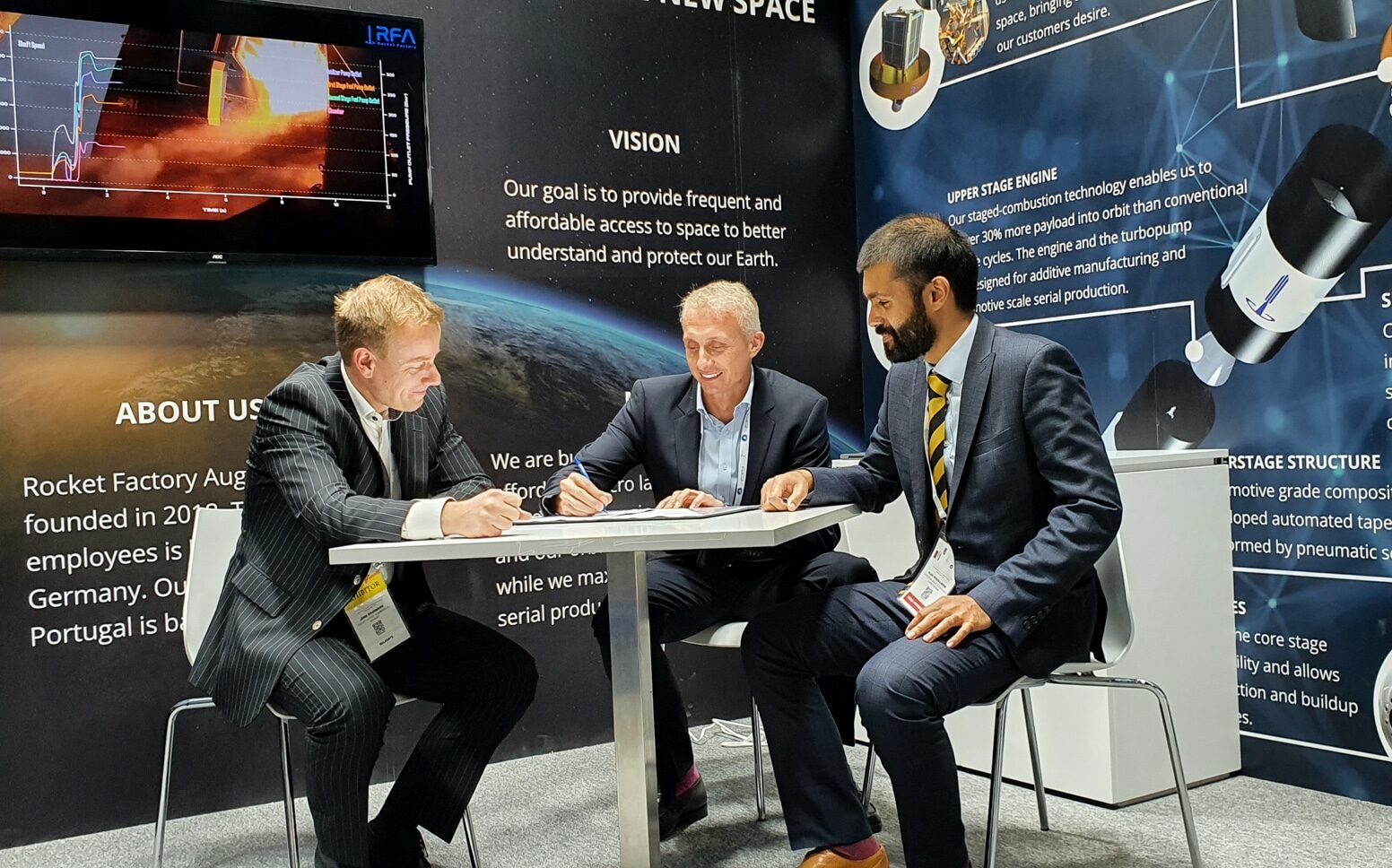
UK-based launch agent CST and RFA reaffirmed their partnership on the very first day of IAC by signing a memorandum of understanding. The goal is to also offer transportation to unusual orbits, including the highly elliptical Tundra and Molnija orbits. In addition, the company says it will also enable escape trajectories from Earth (for interplanetary probes, for example) or lunar orbits. As another special feature, RFA states that lead times will be reduced to up to 6 weeks between booking and launch, and in individual cases it should be even faster. Also announced is the ability to access the payload up to 12 hours before launch. This is particularly relevant for biomedical payloads with live cultures, which are sensitive to long shutdown times.
